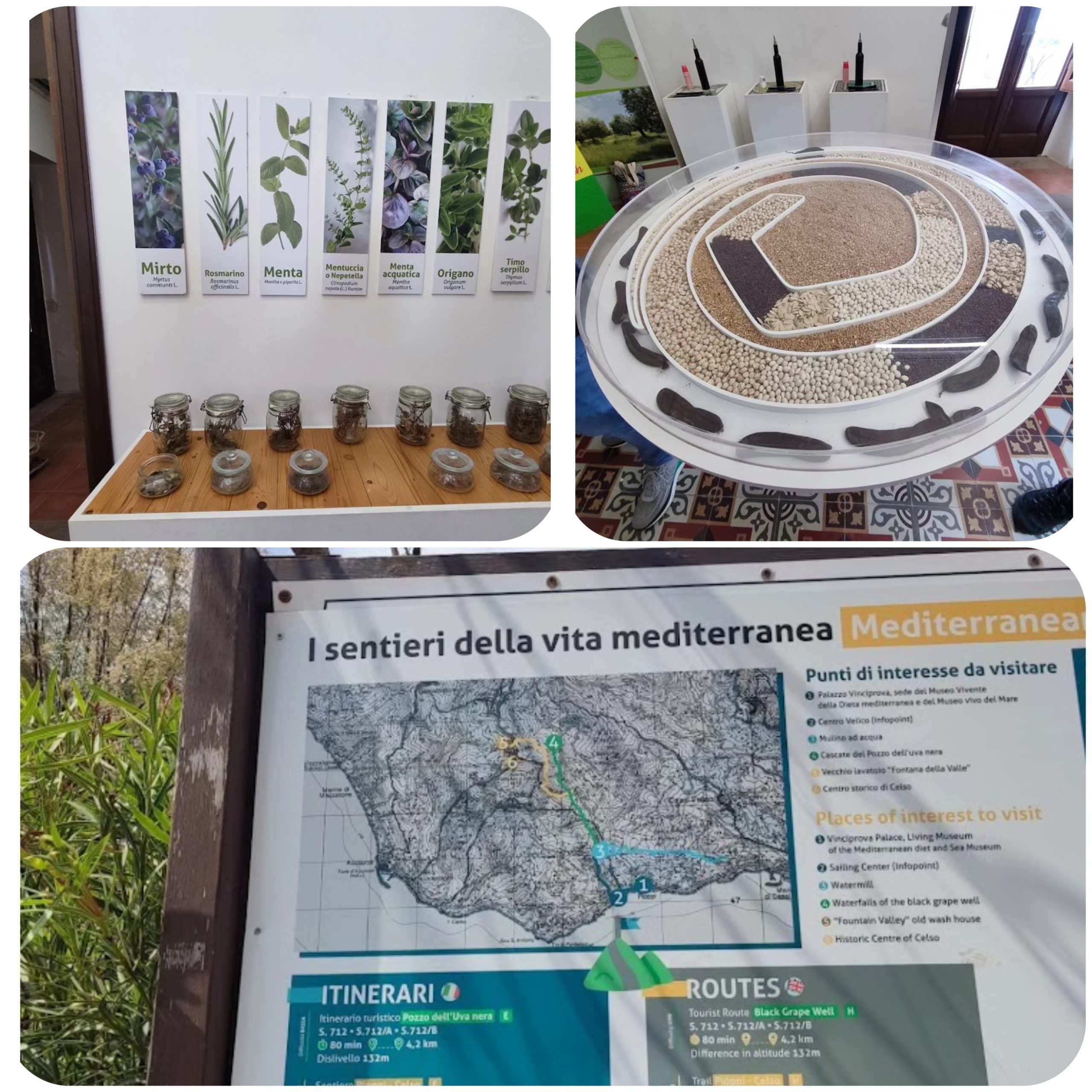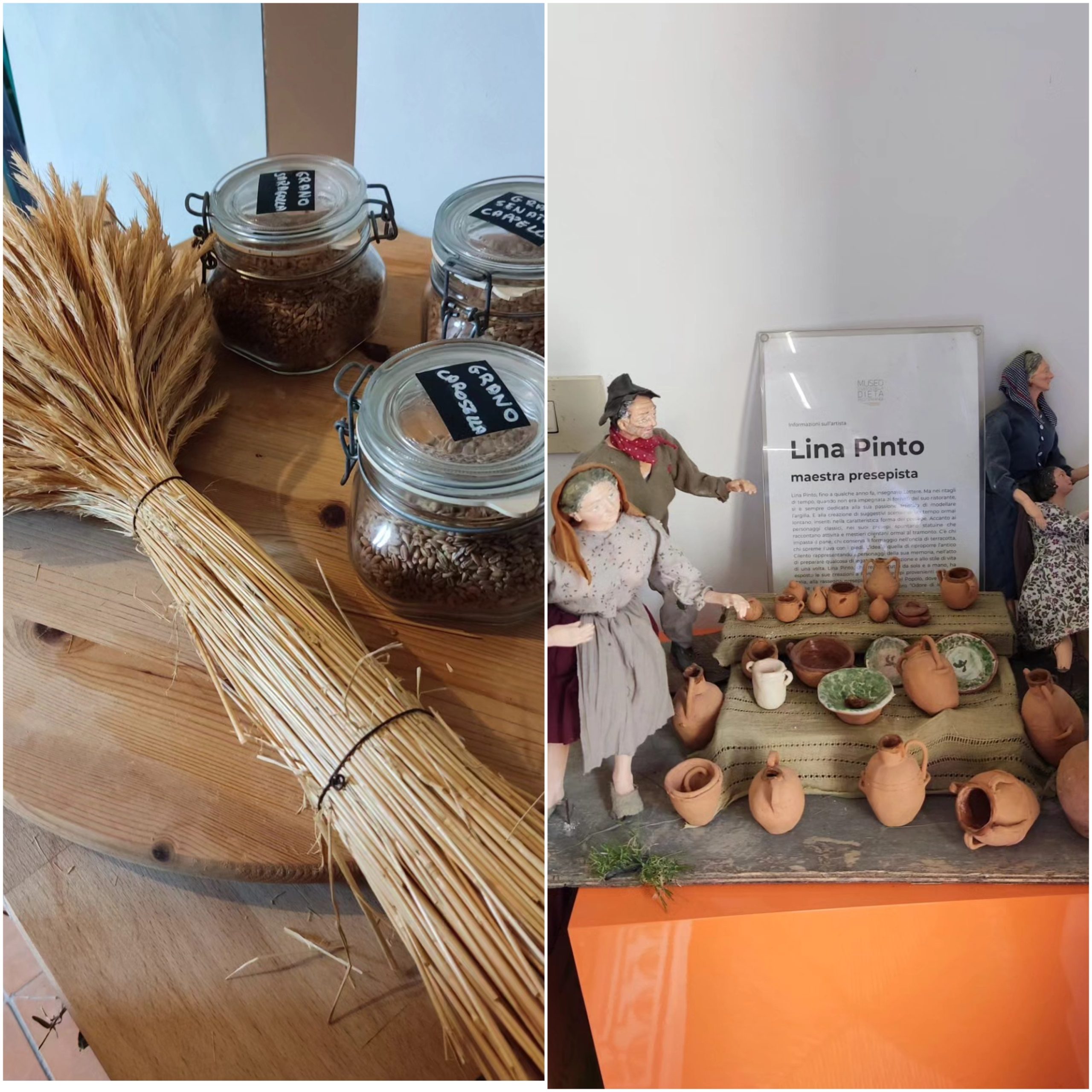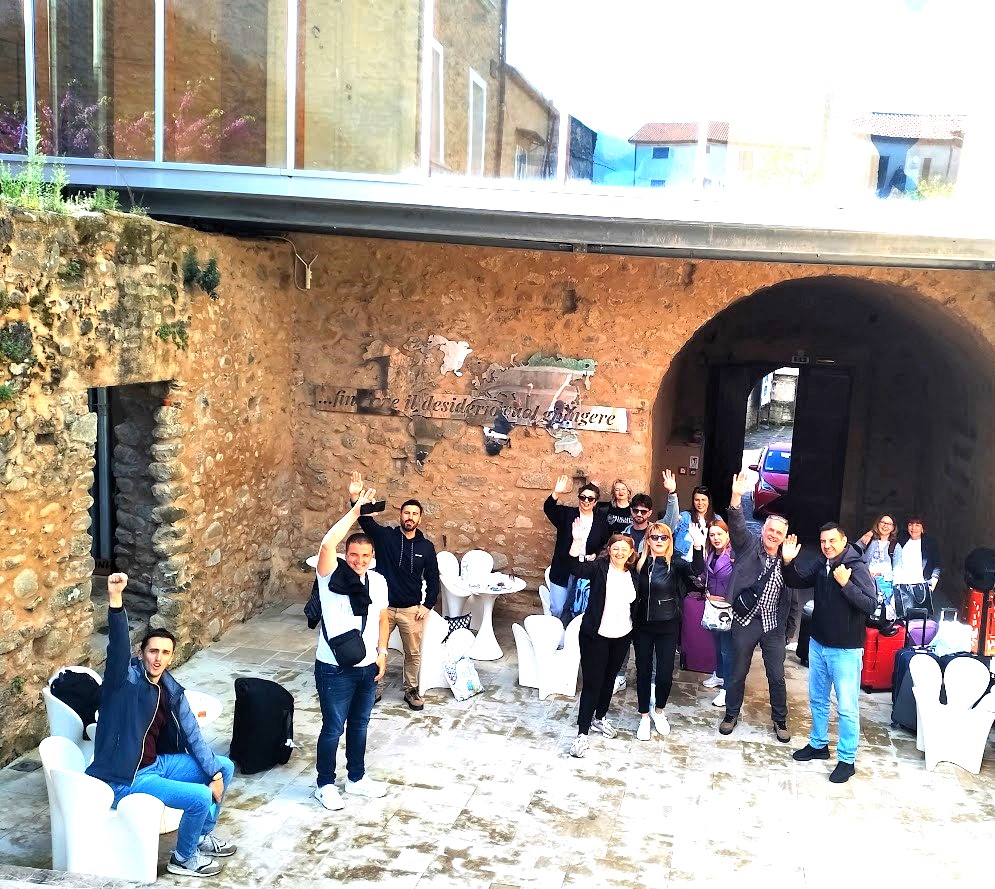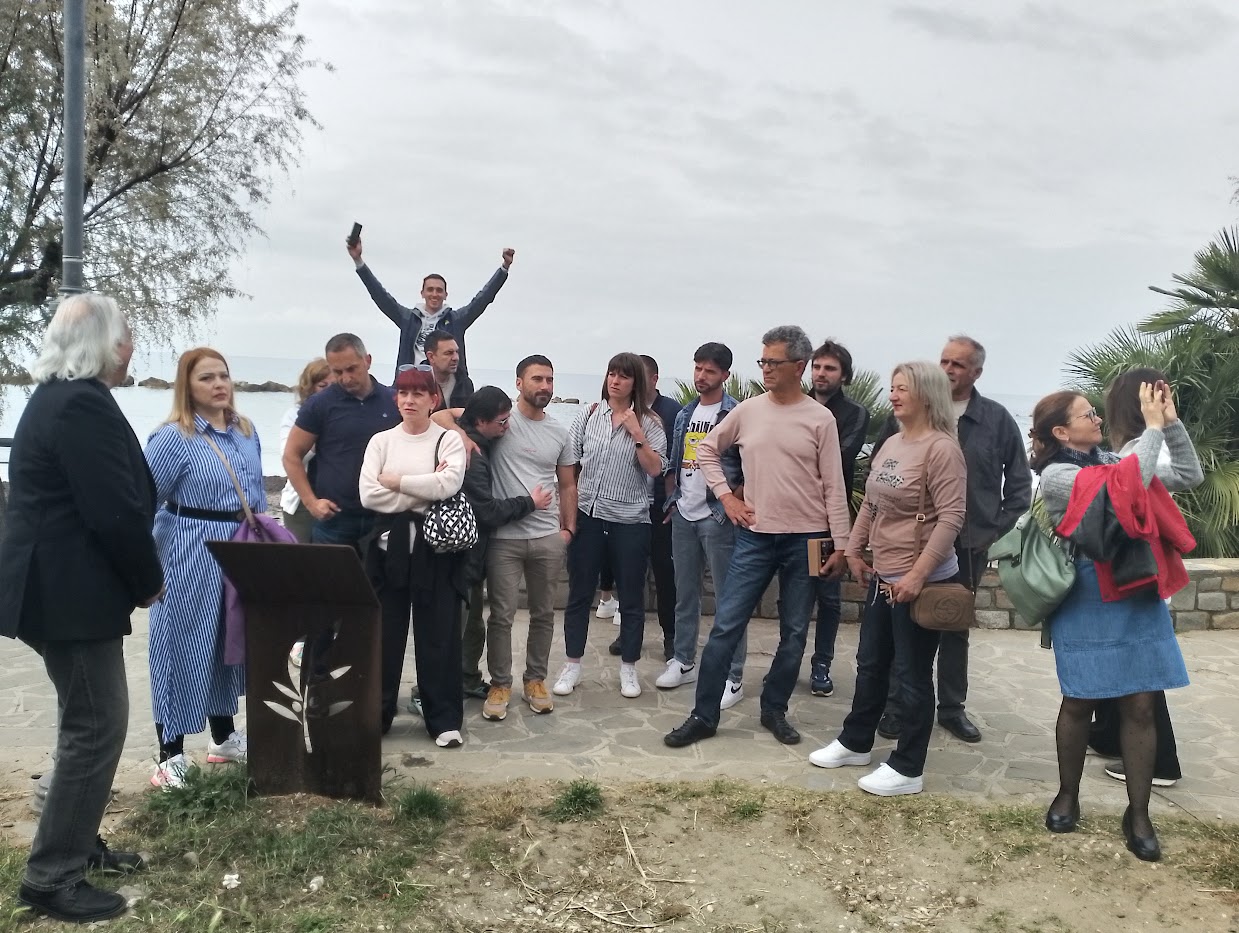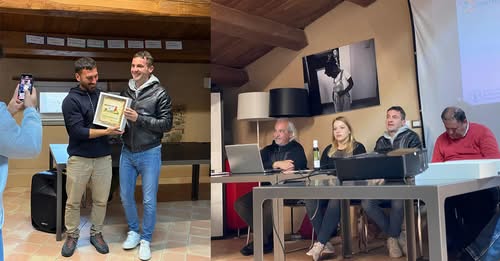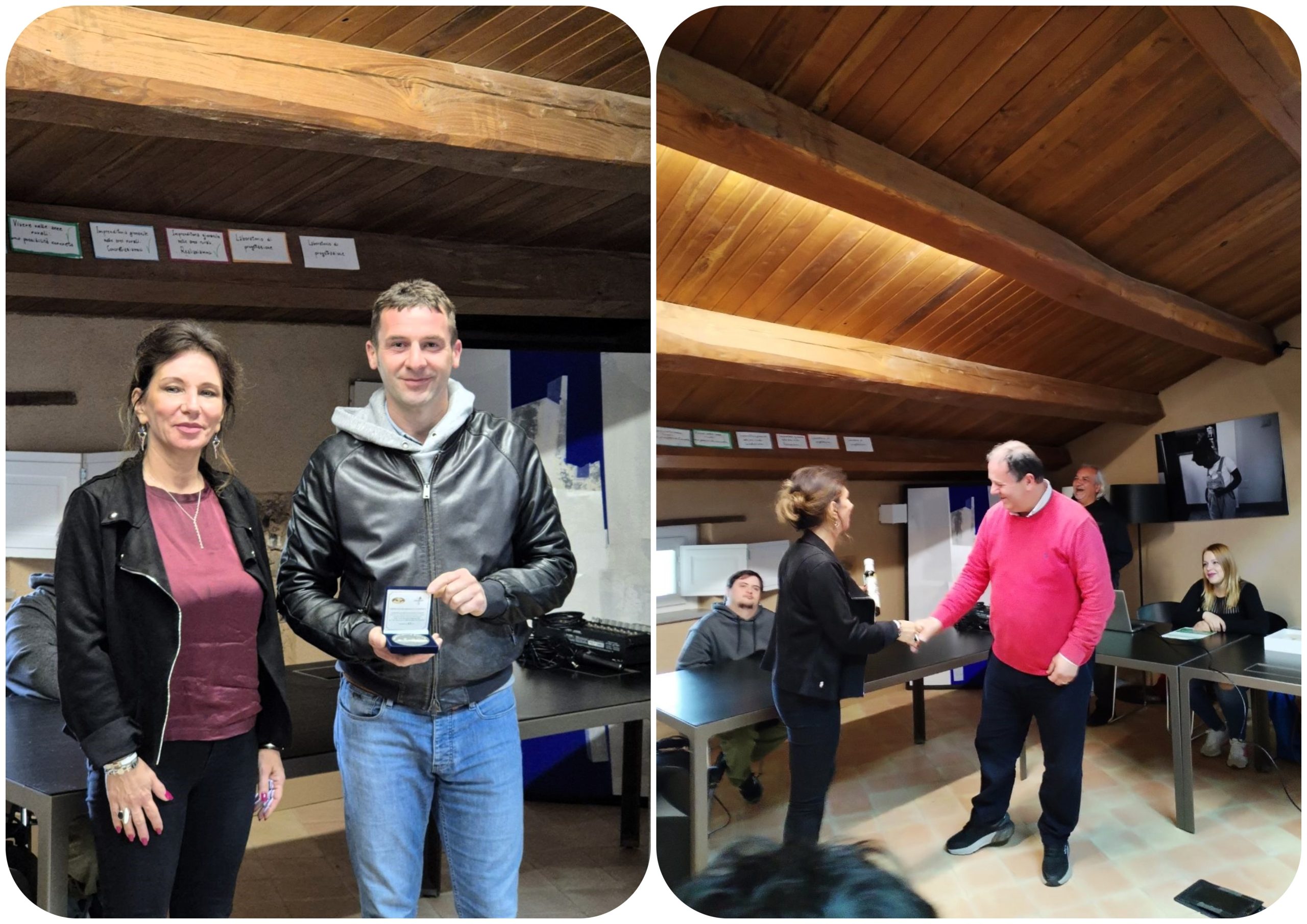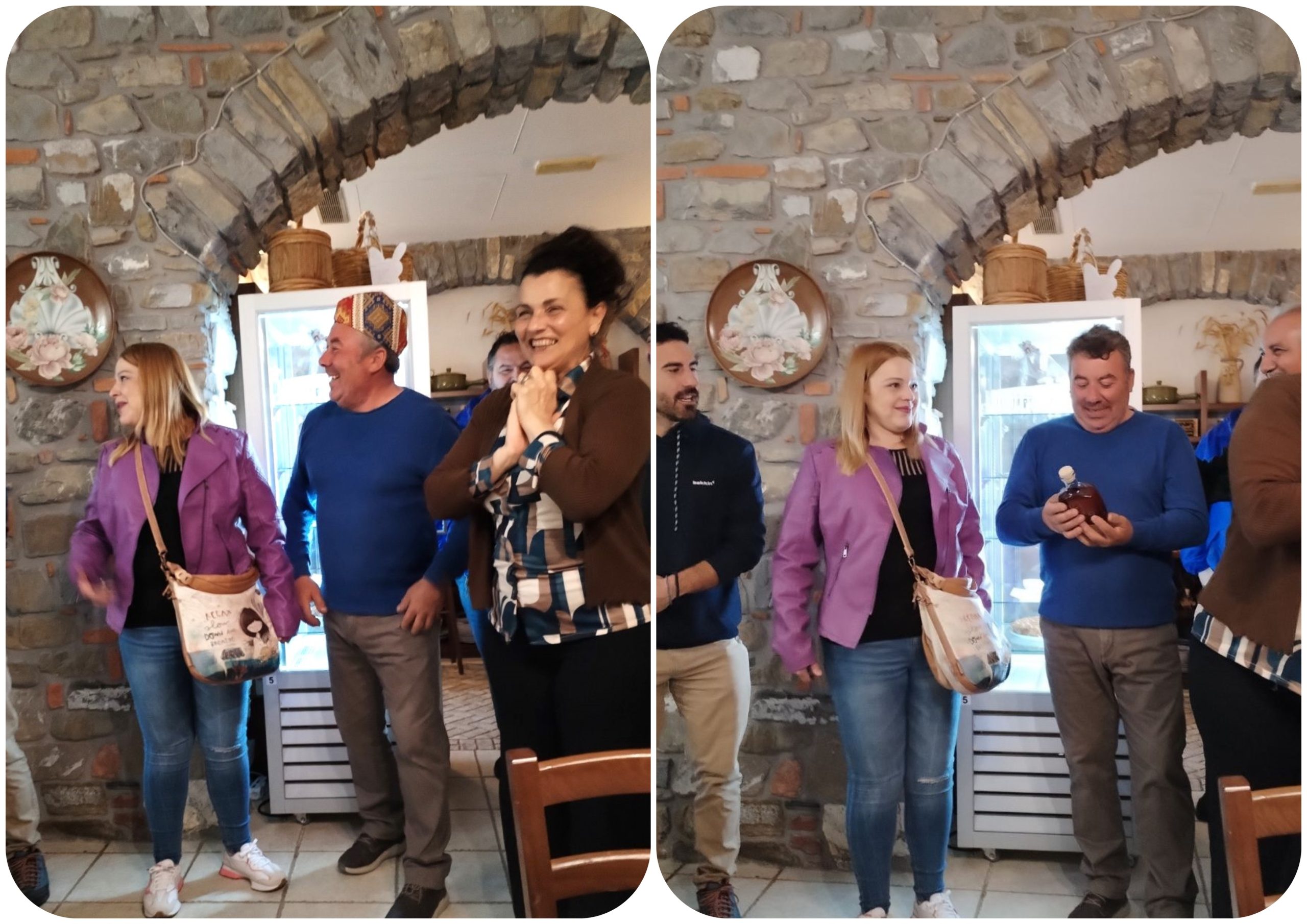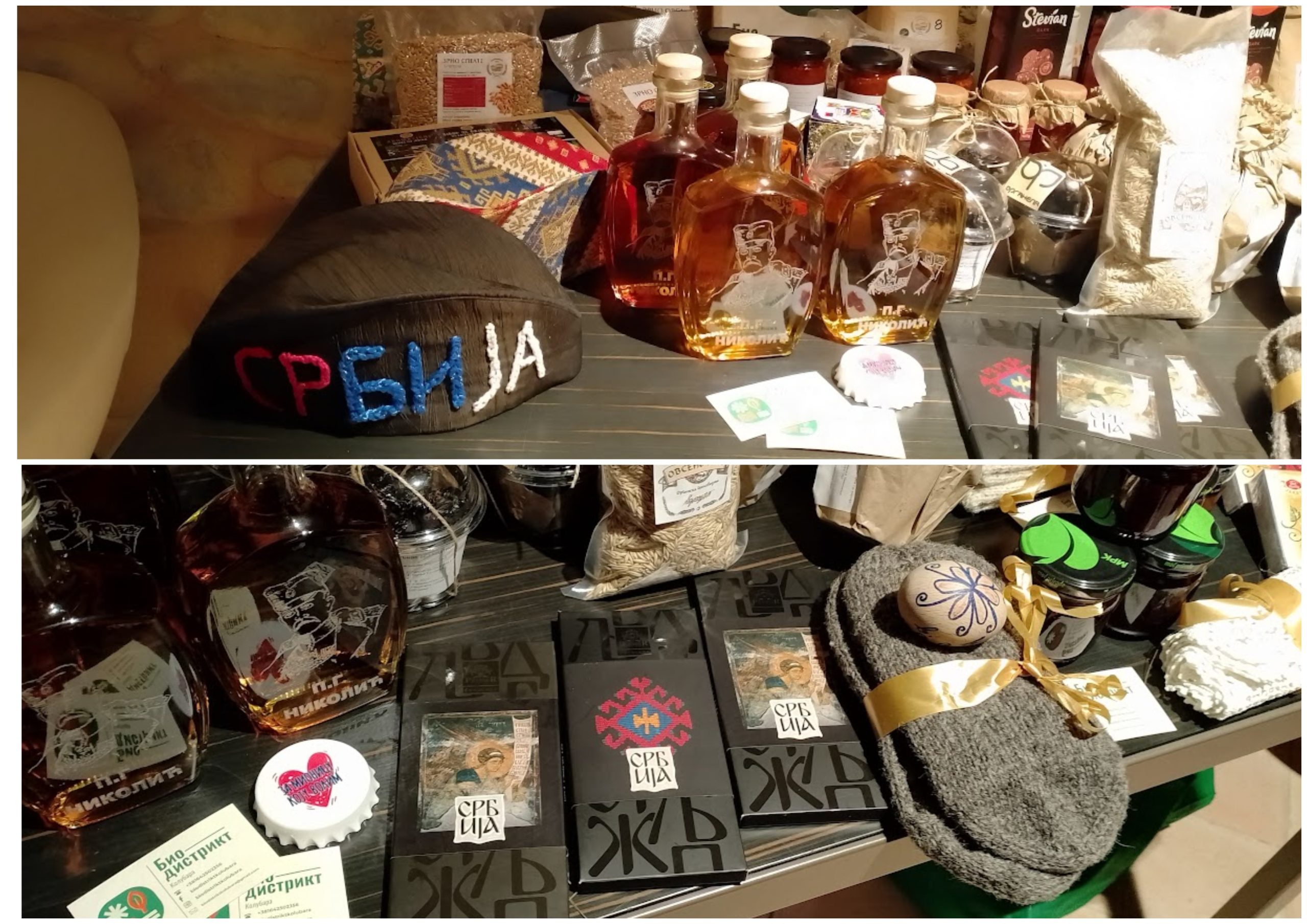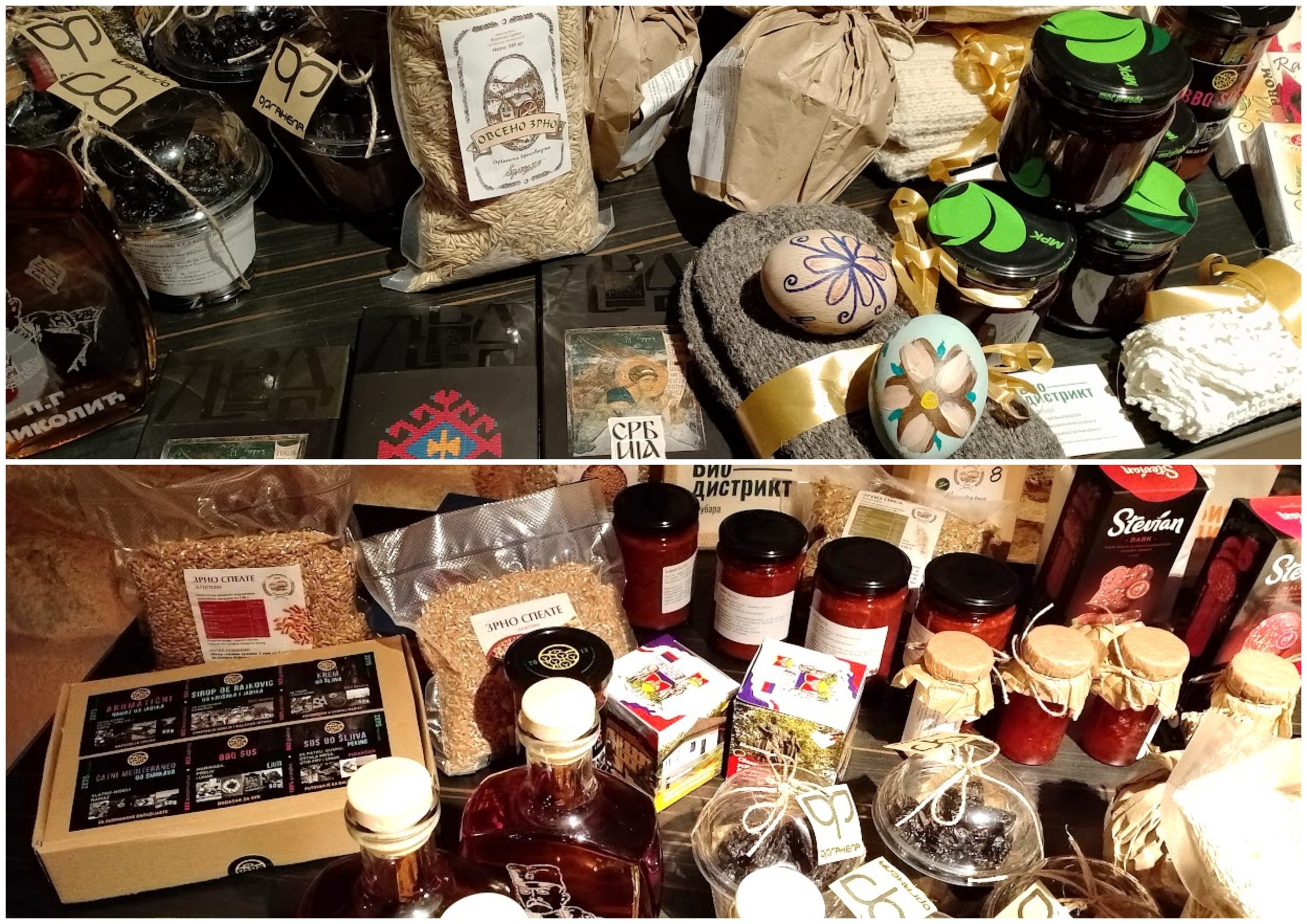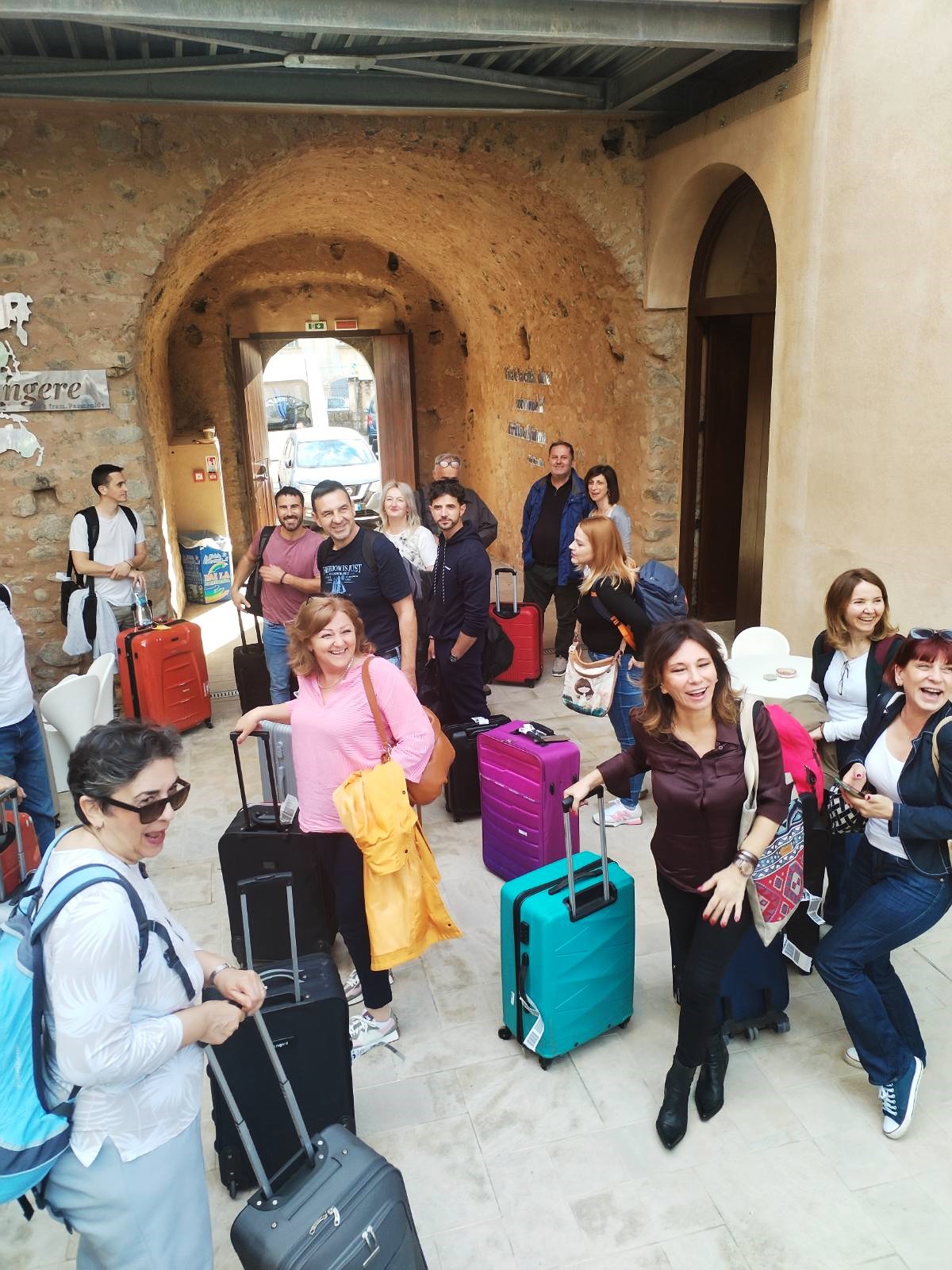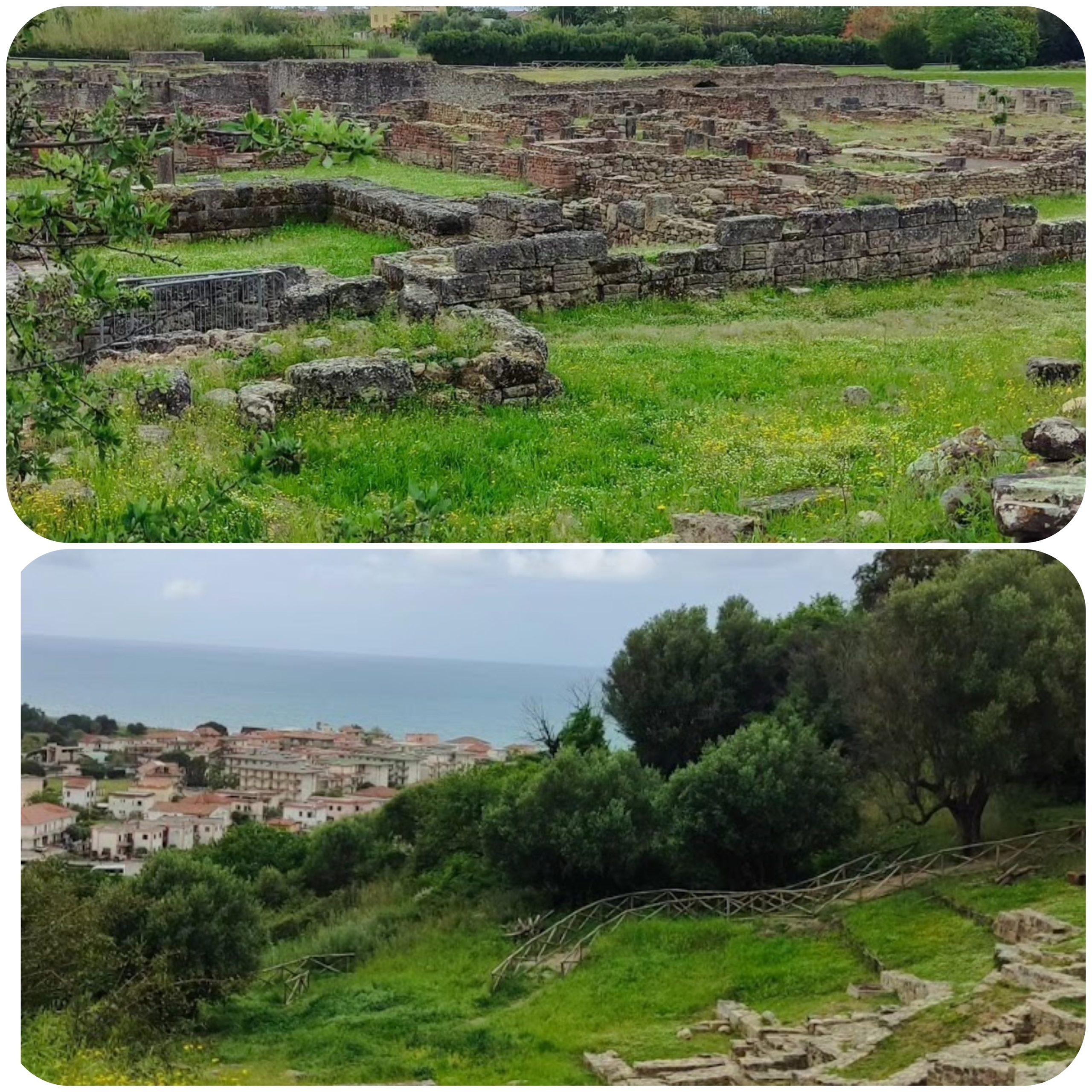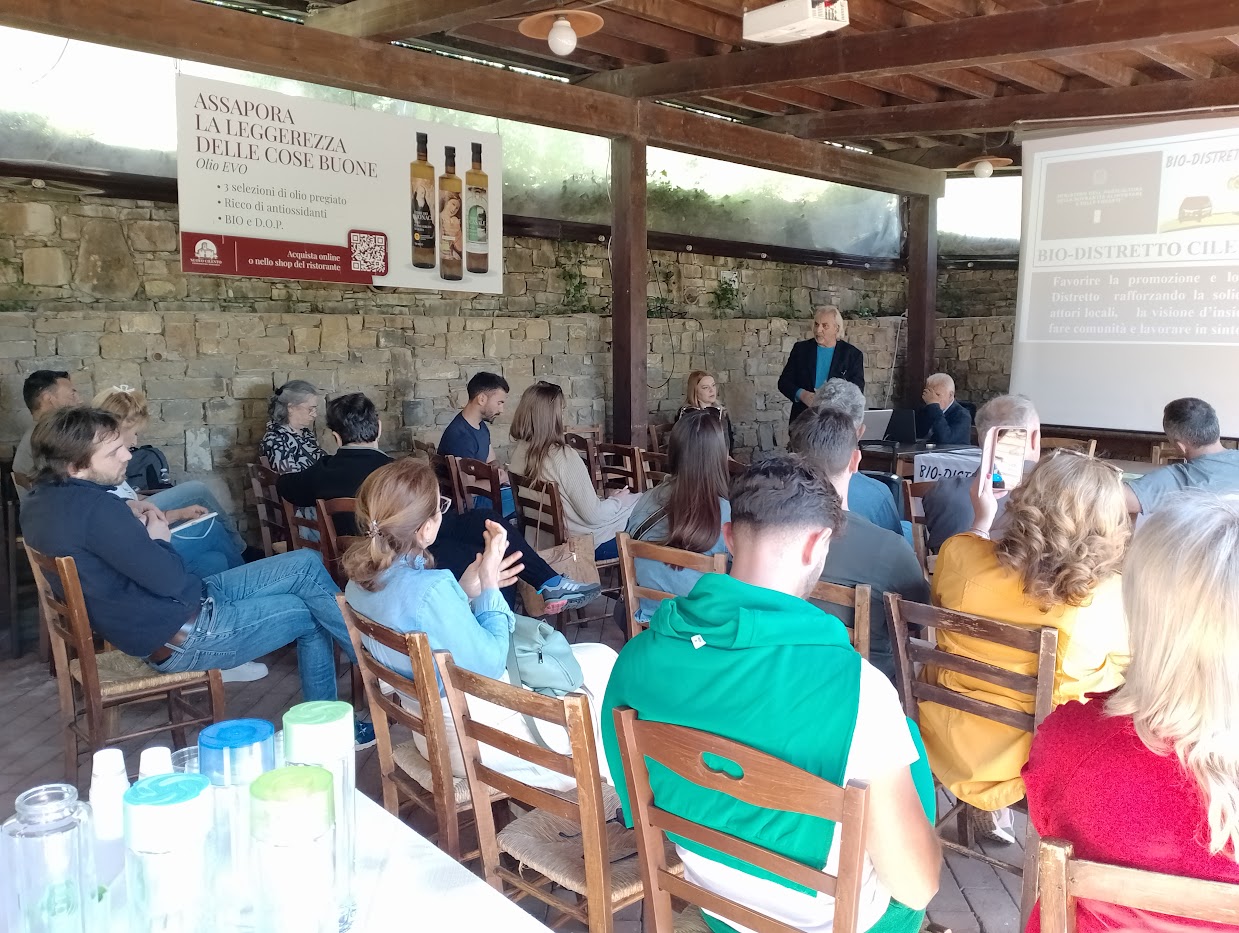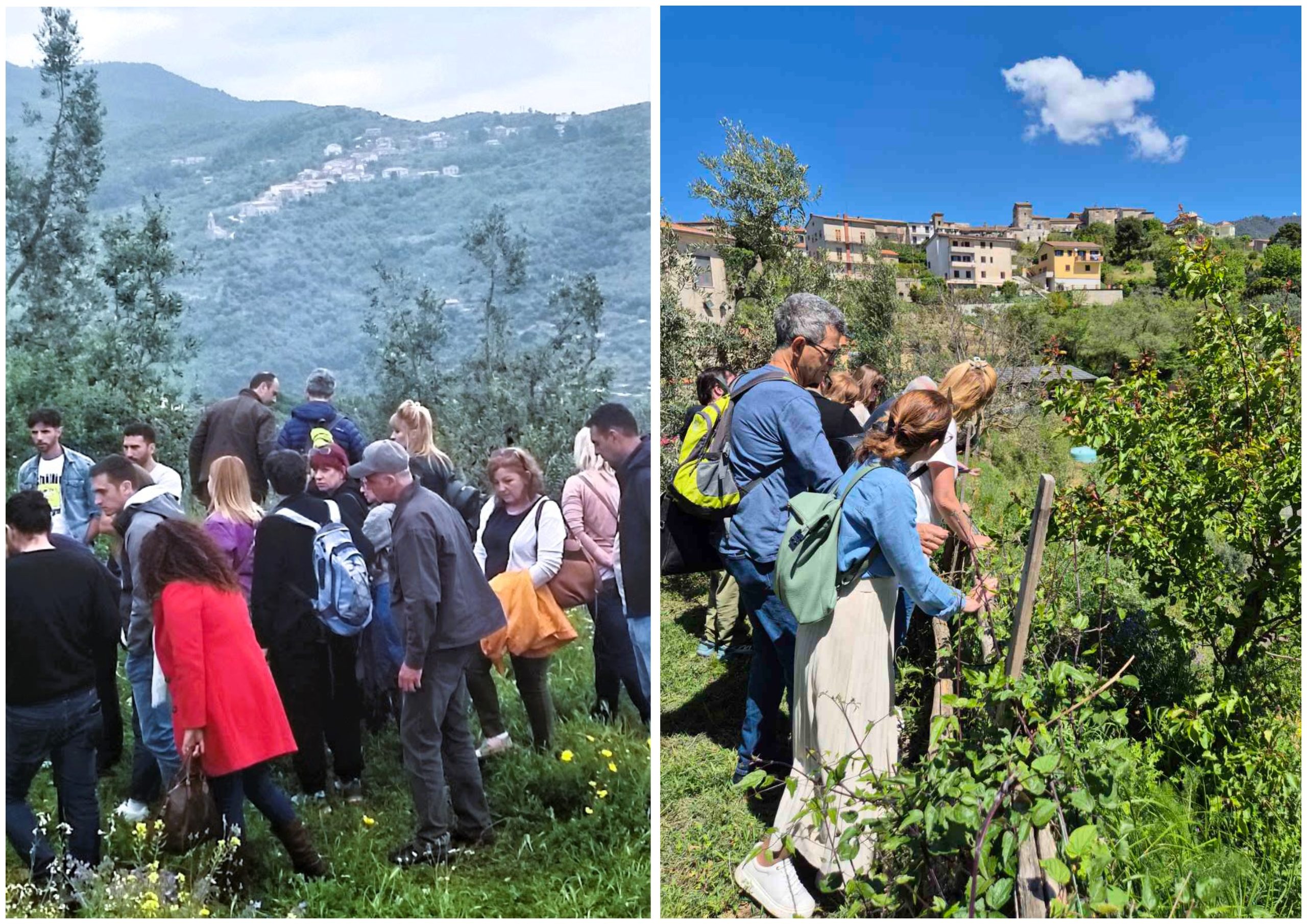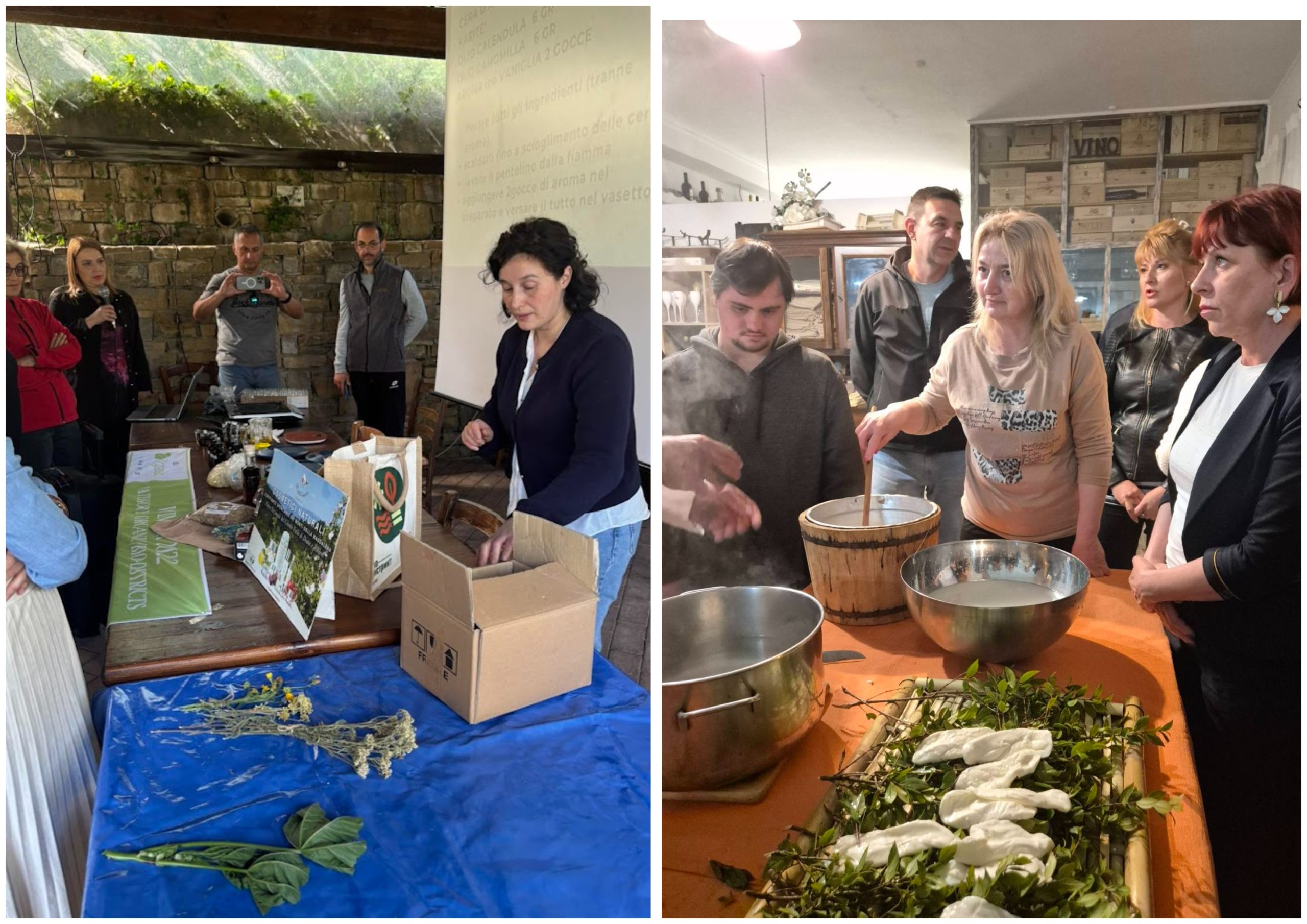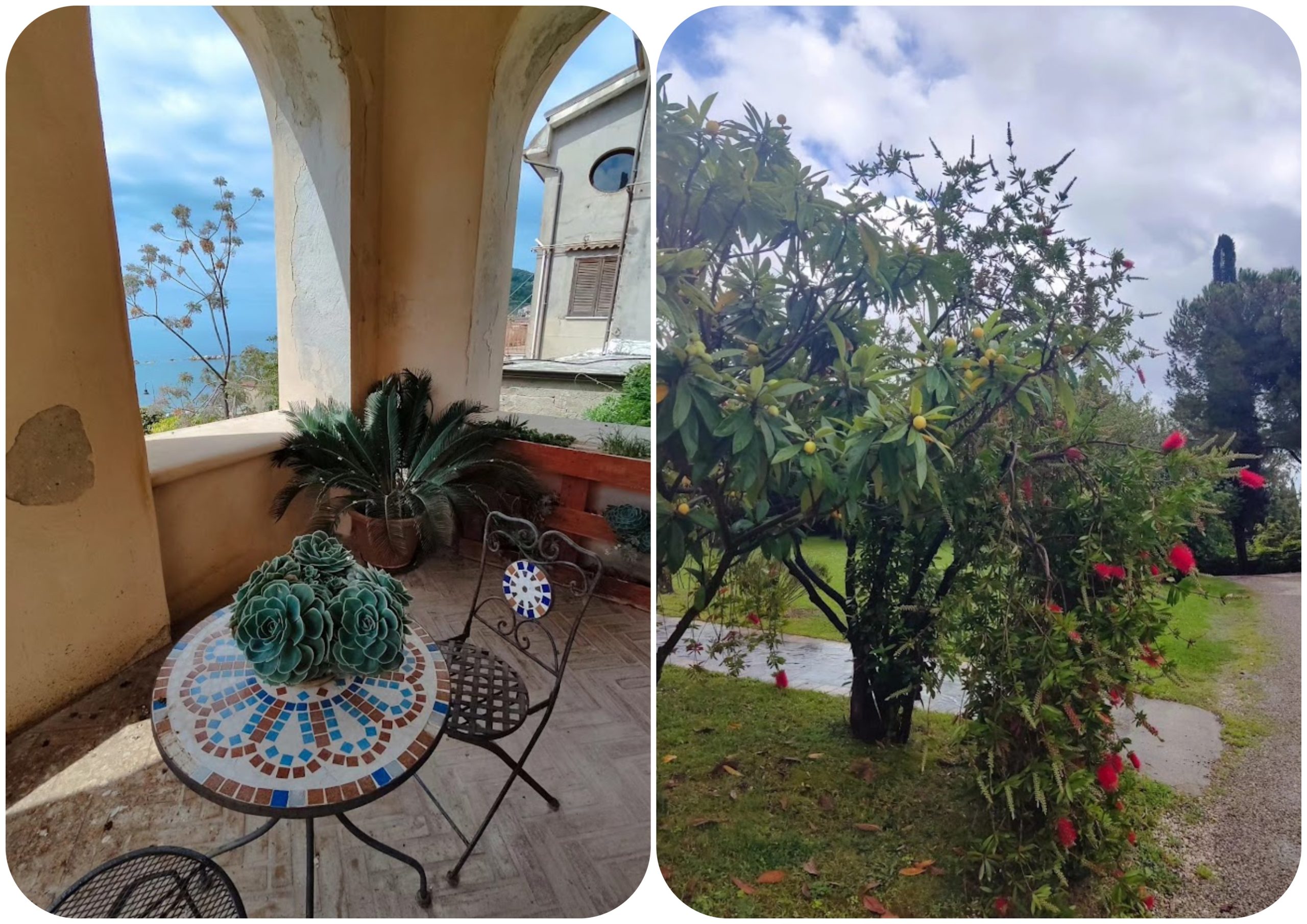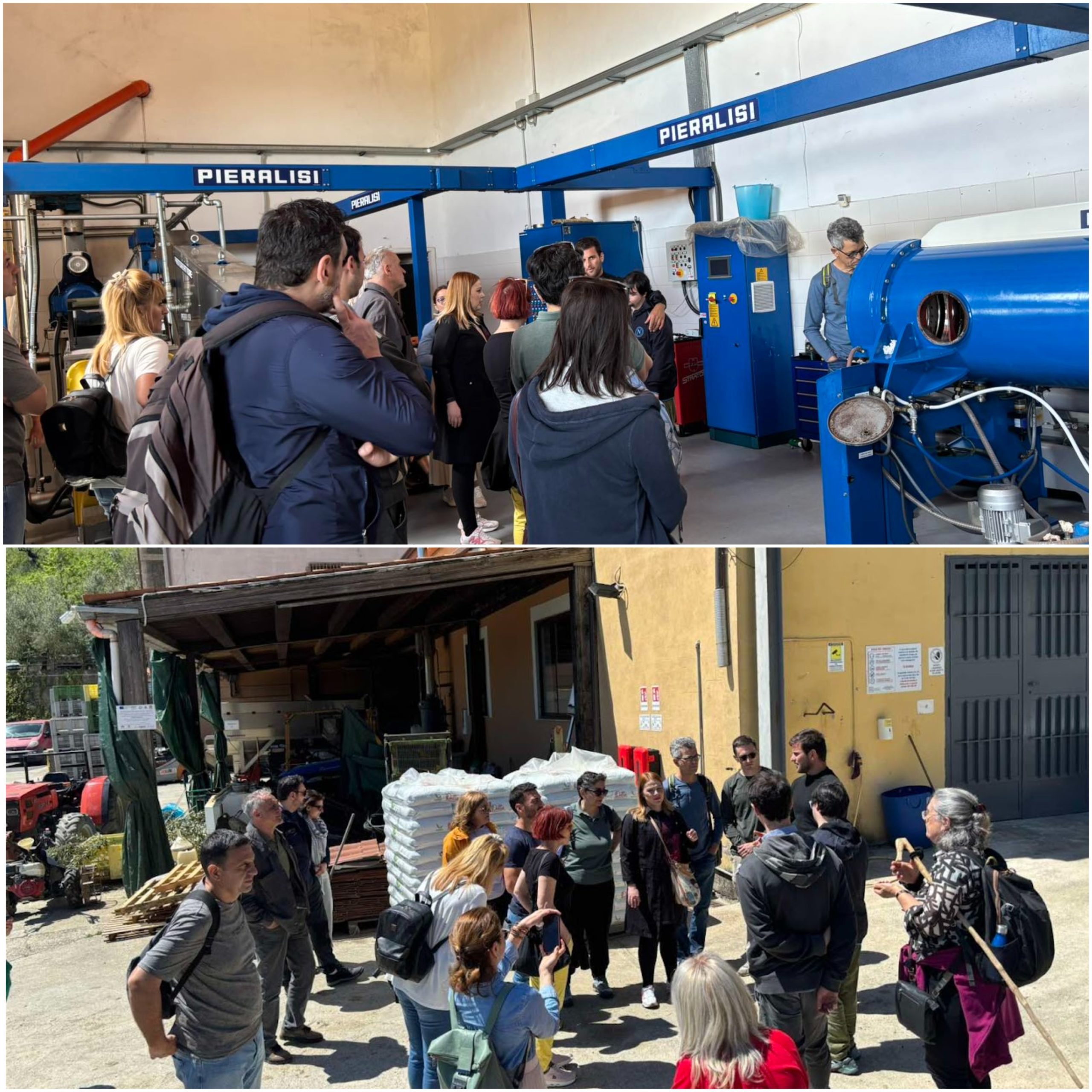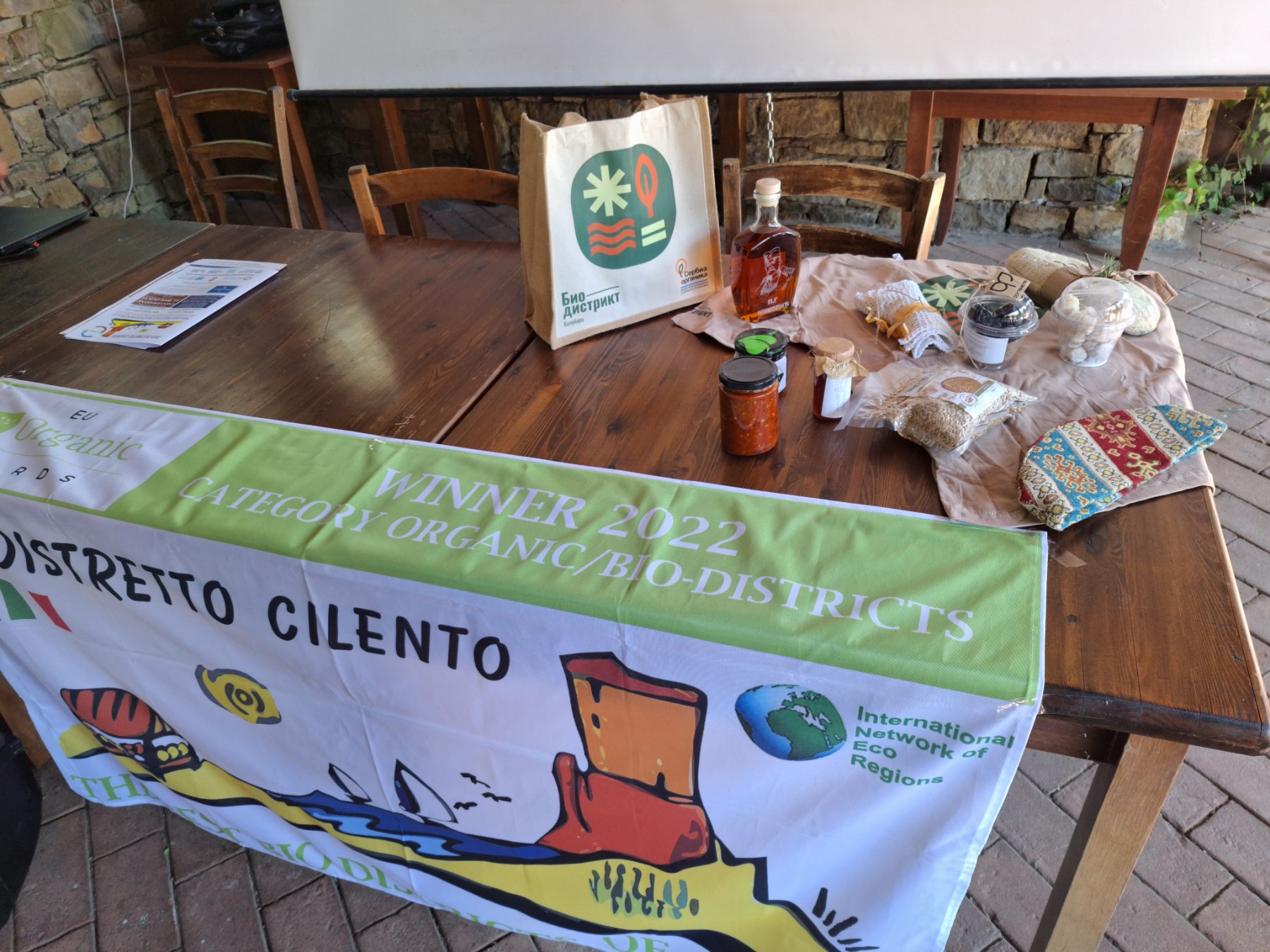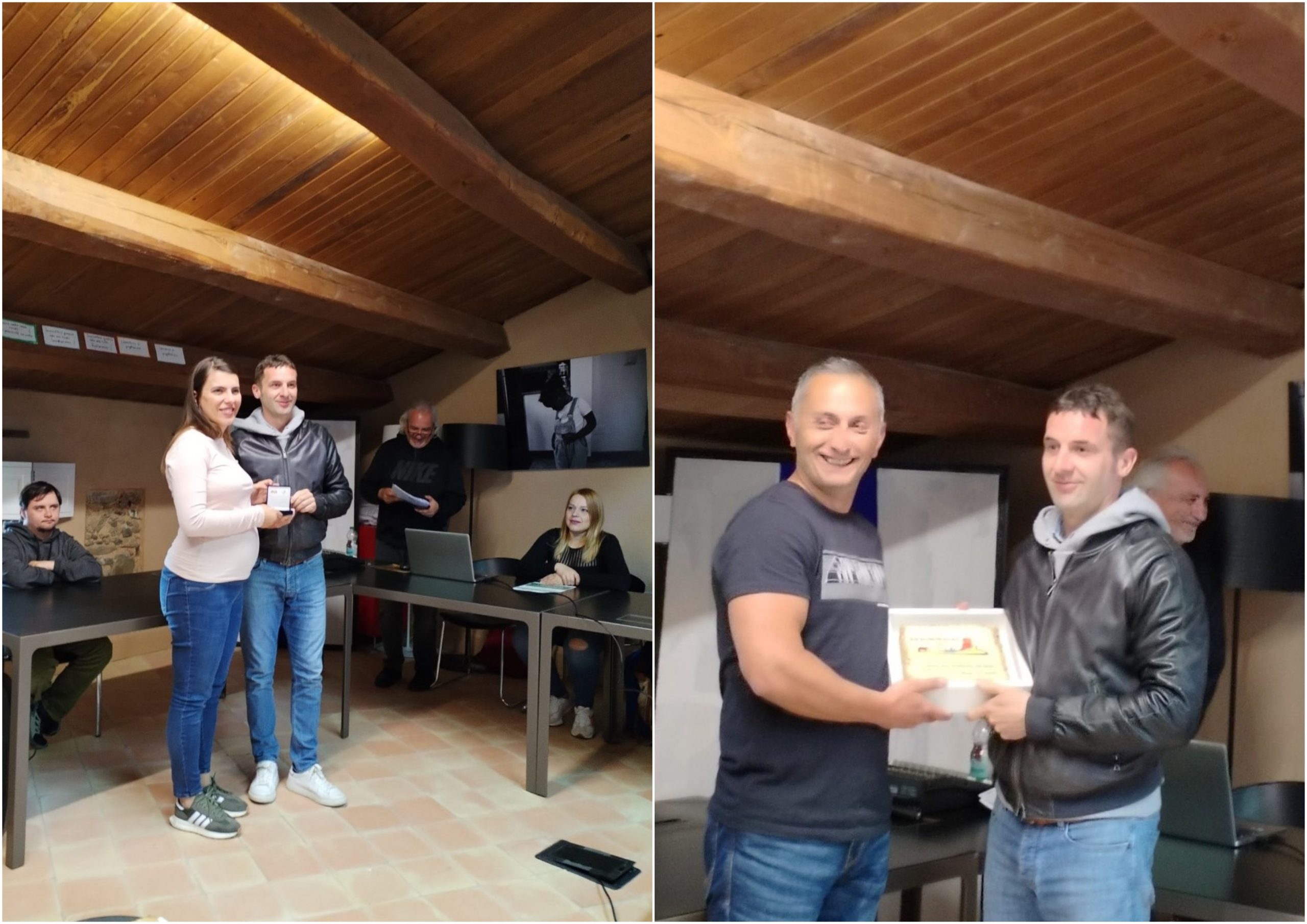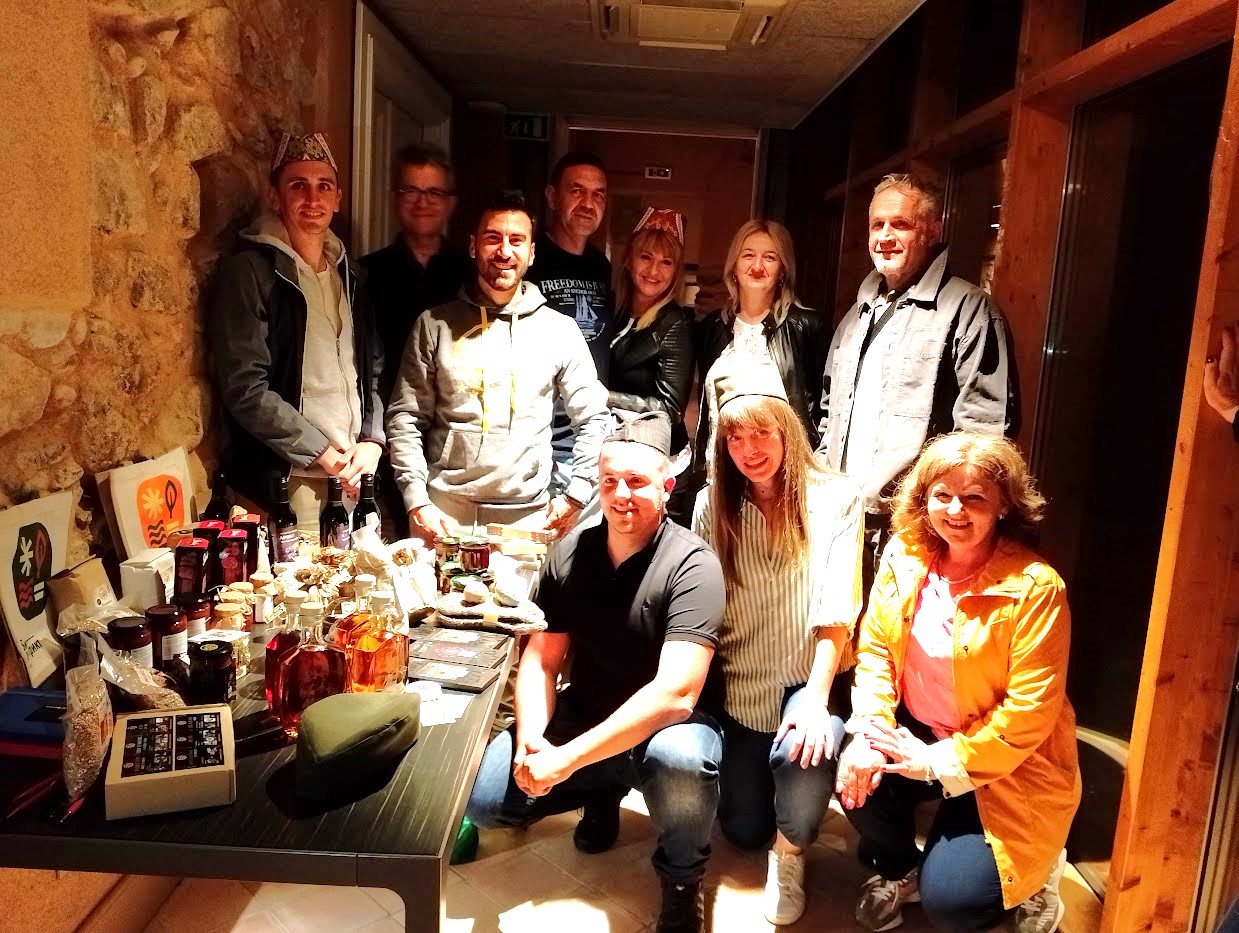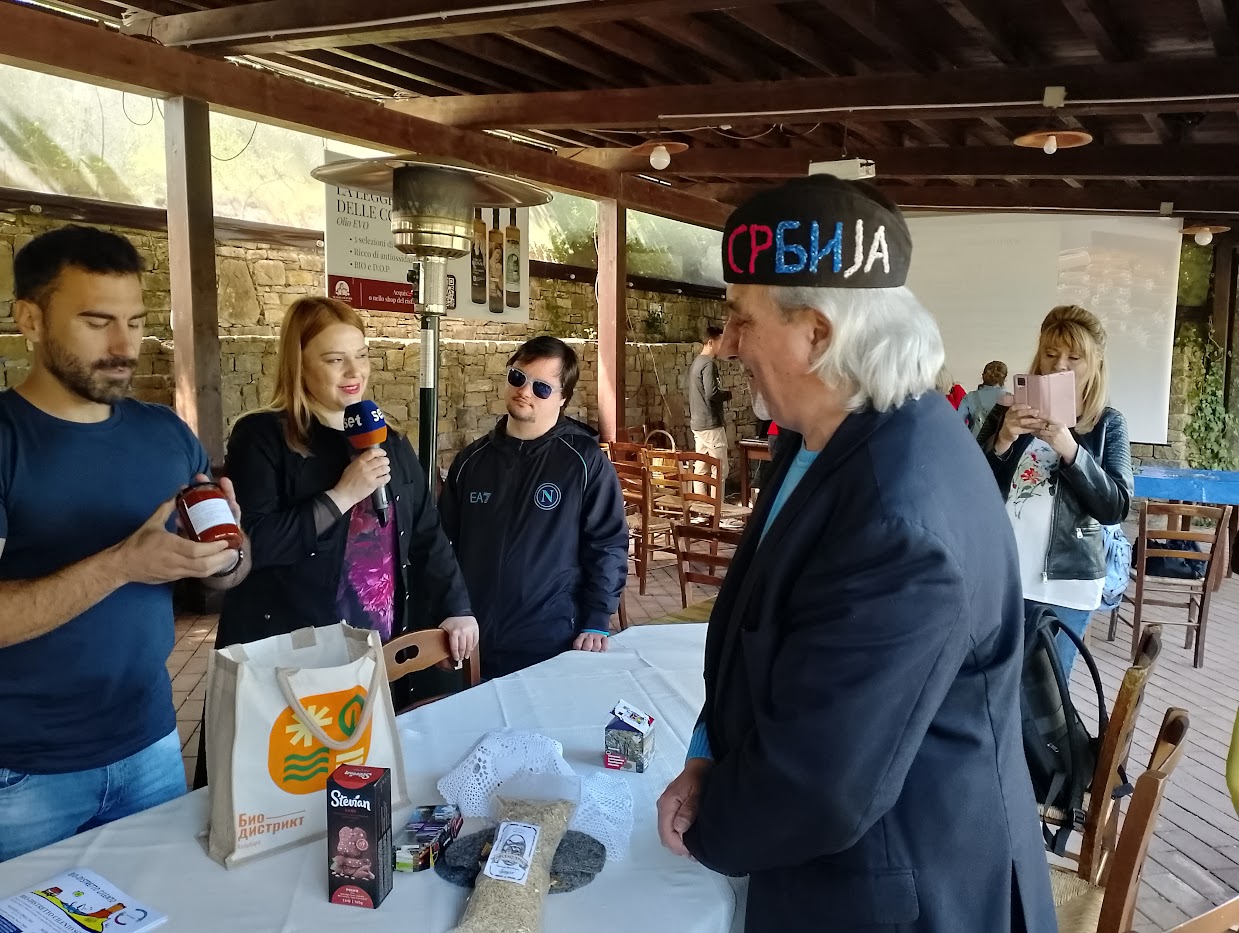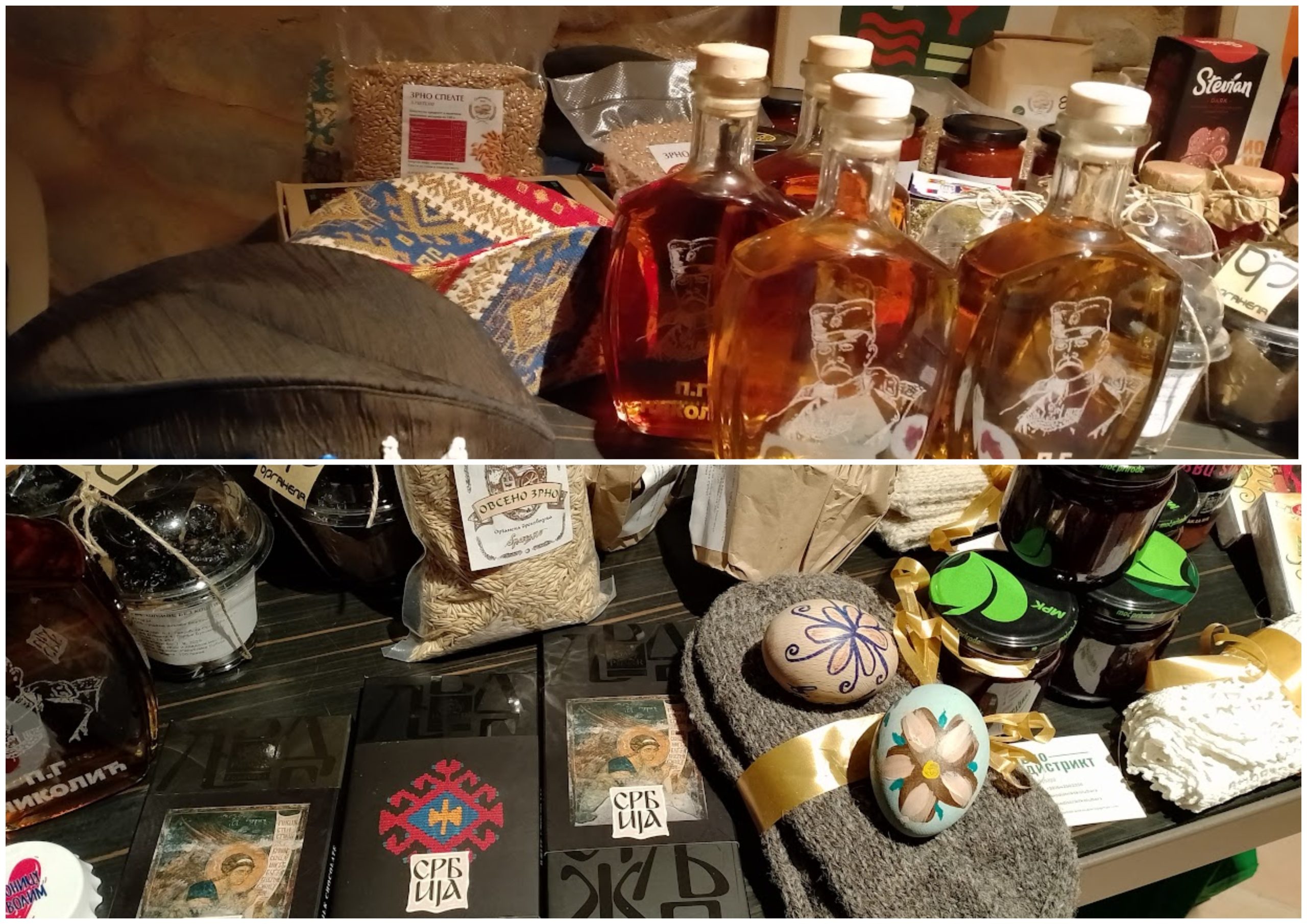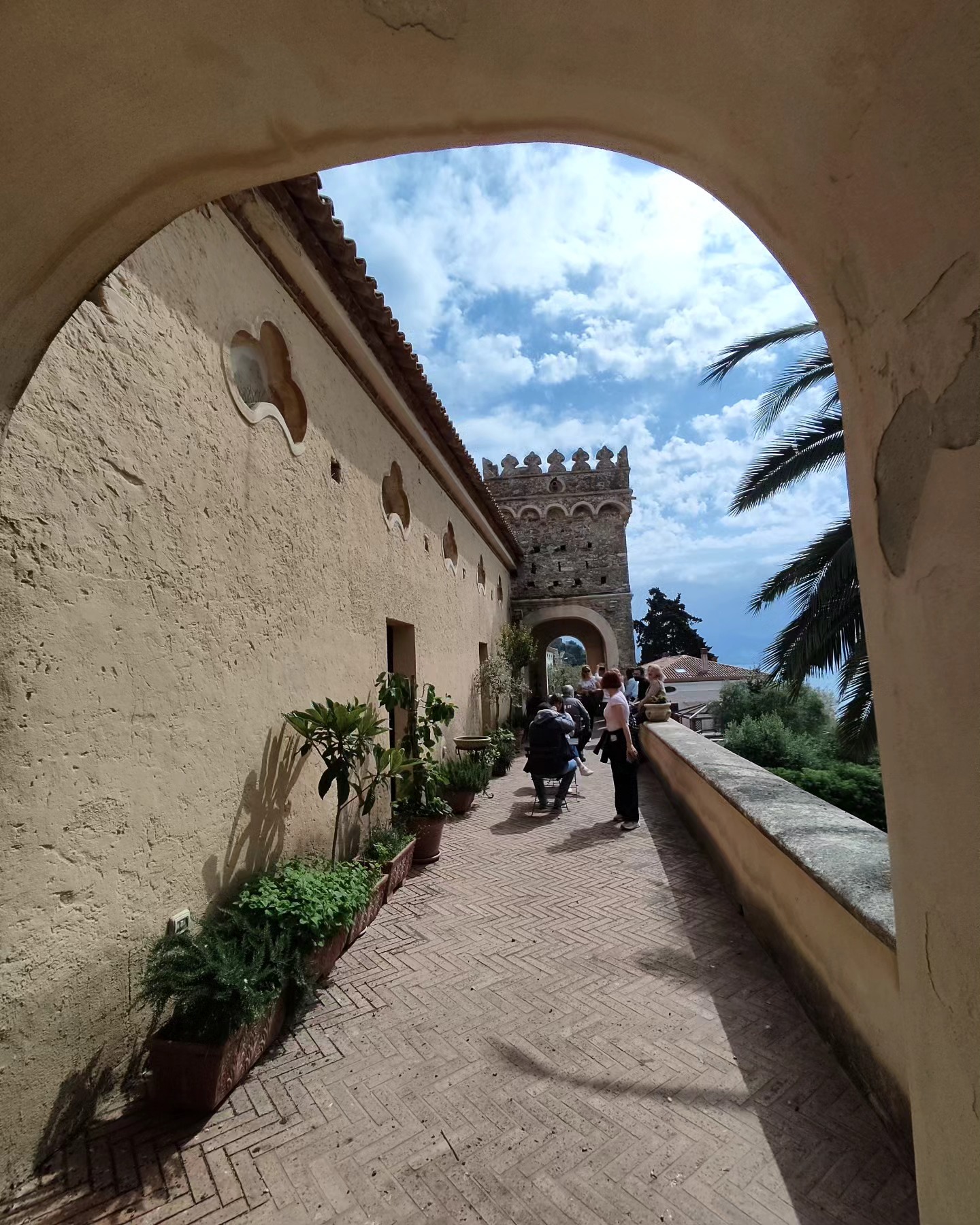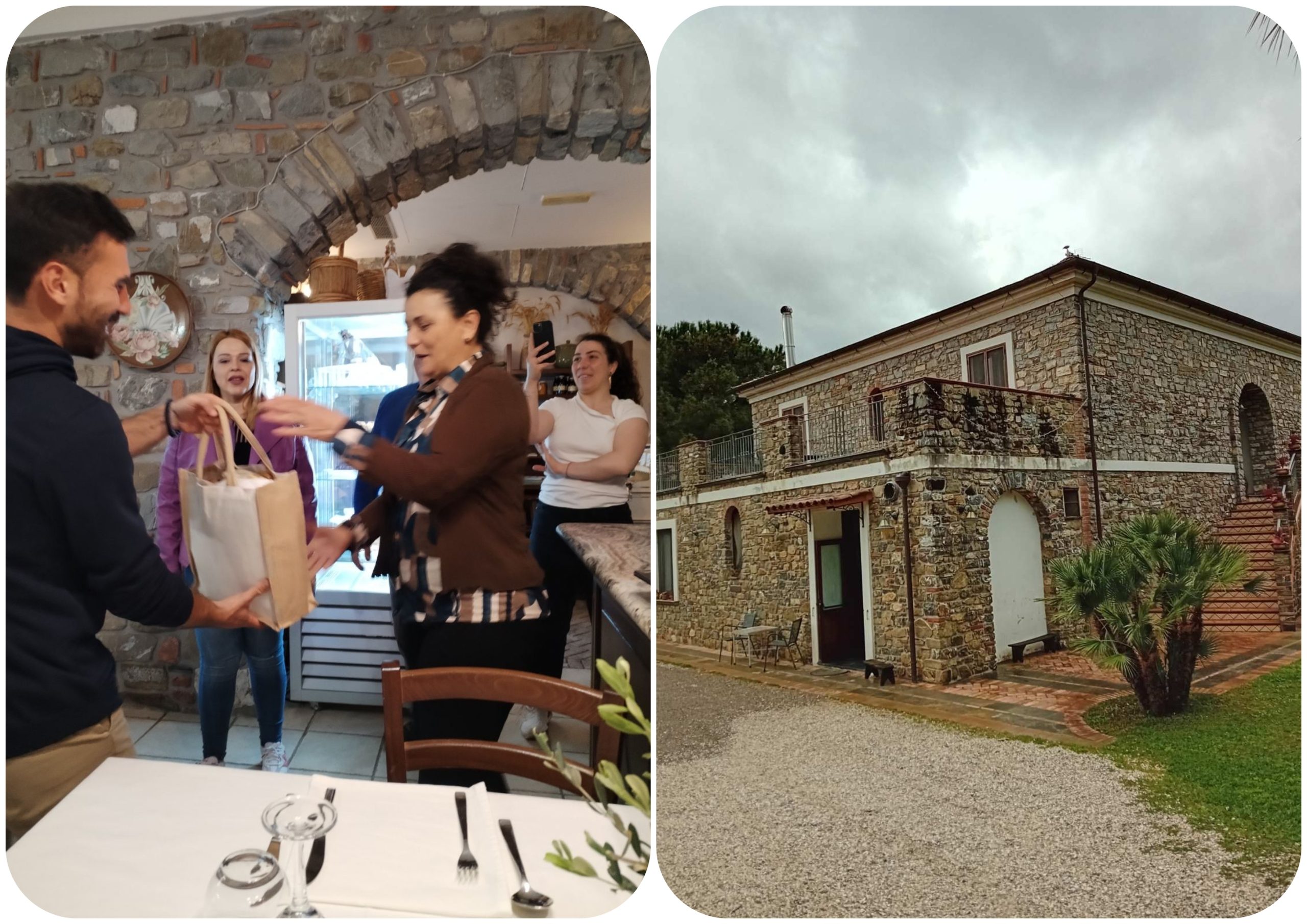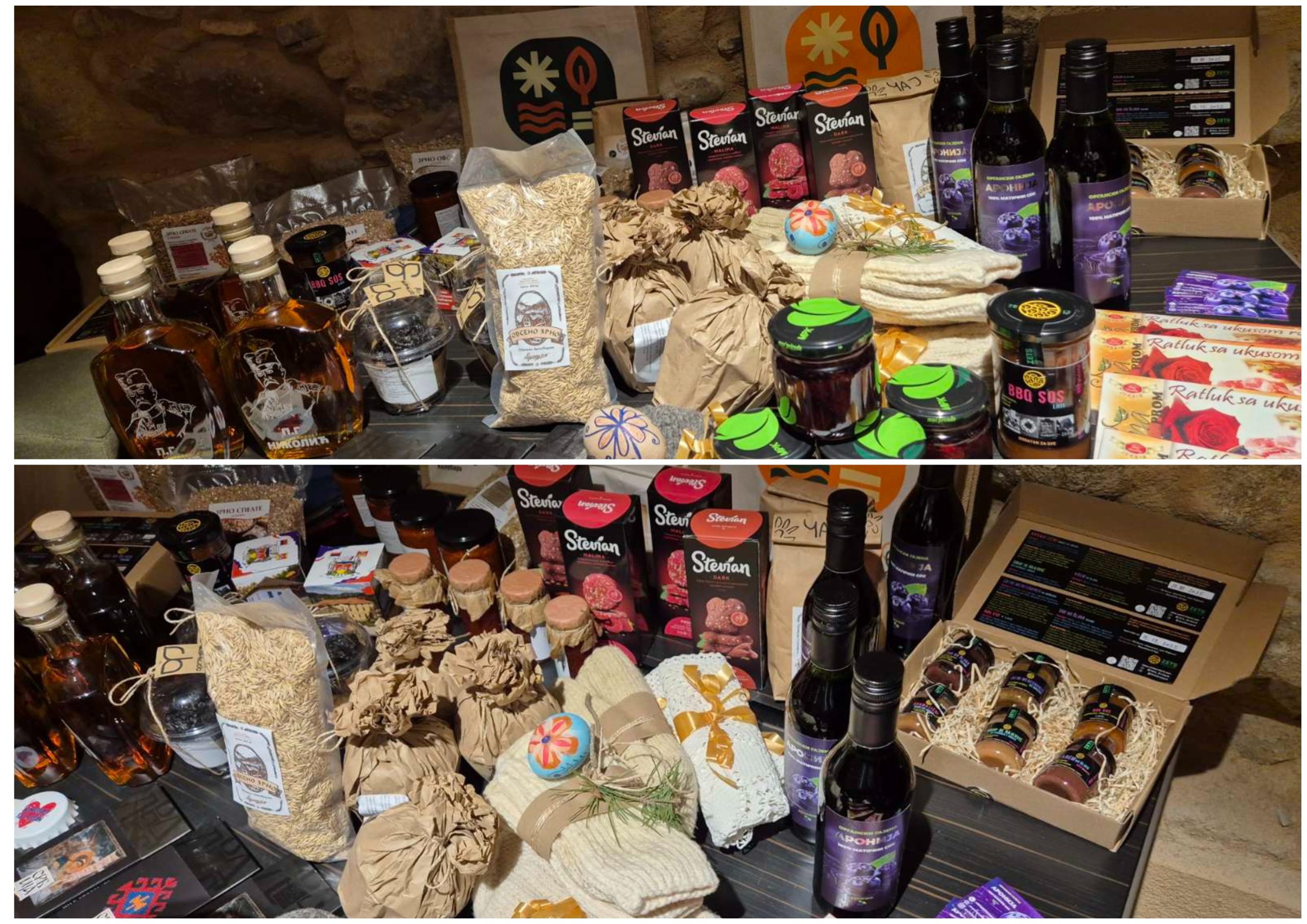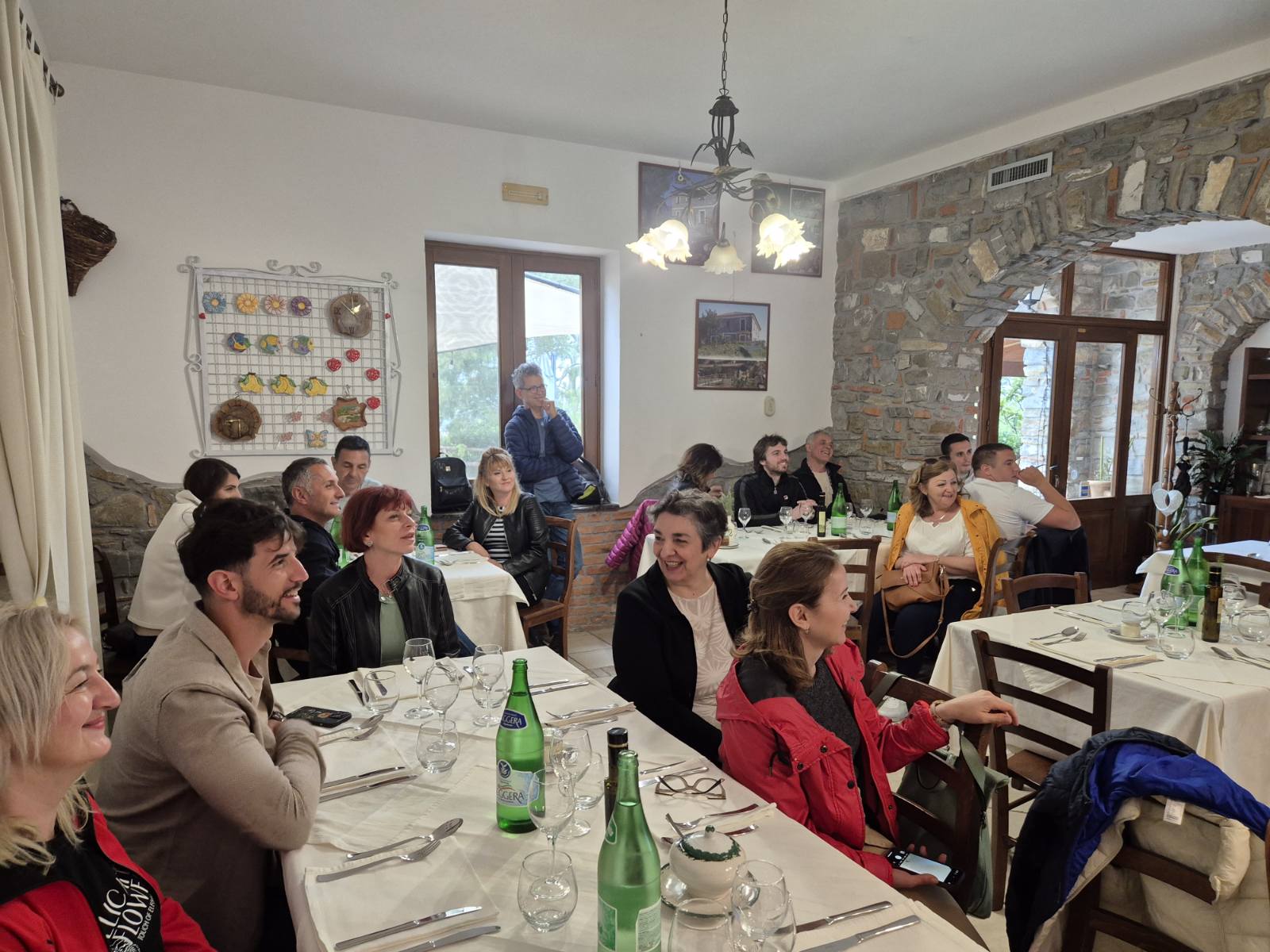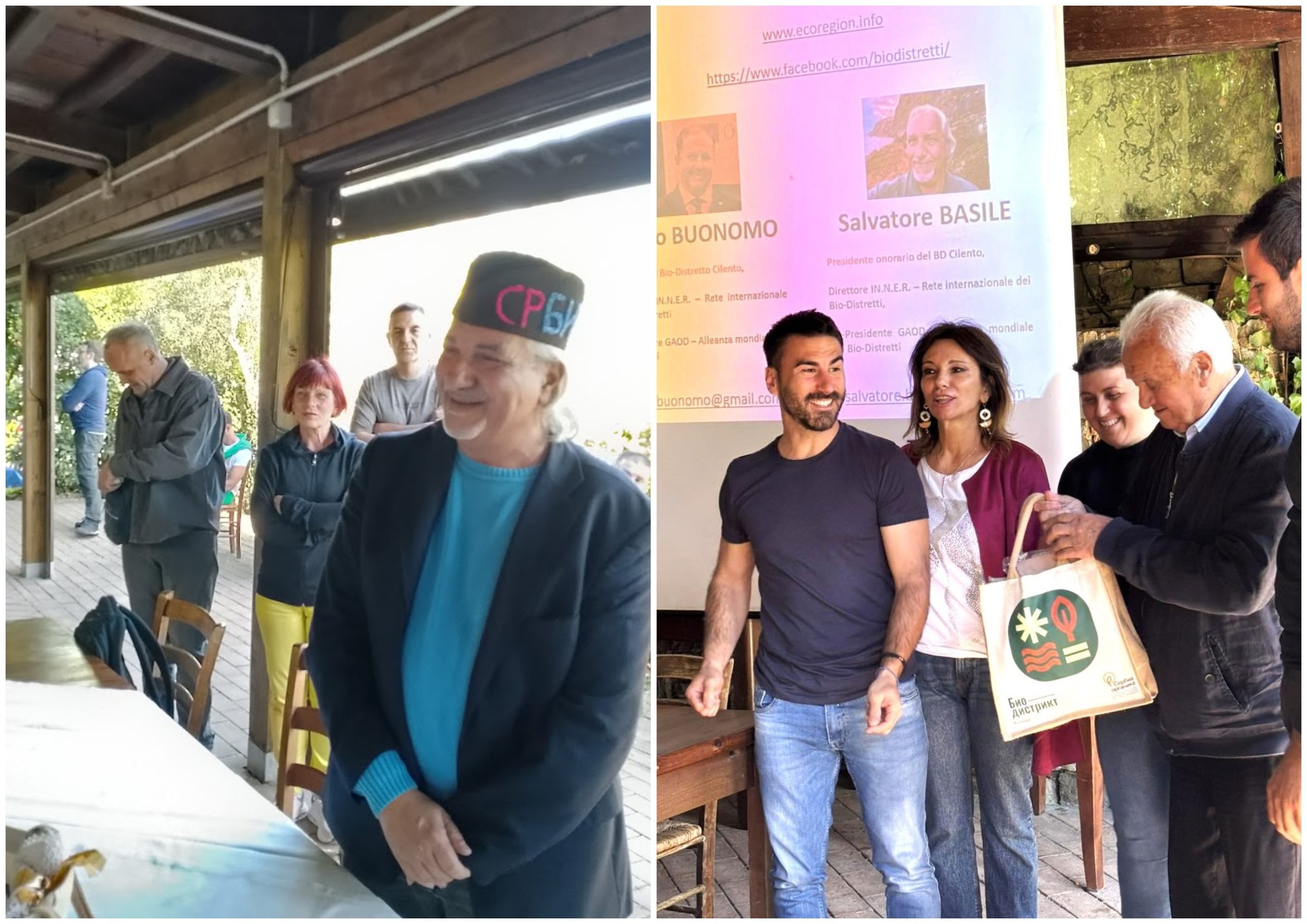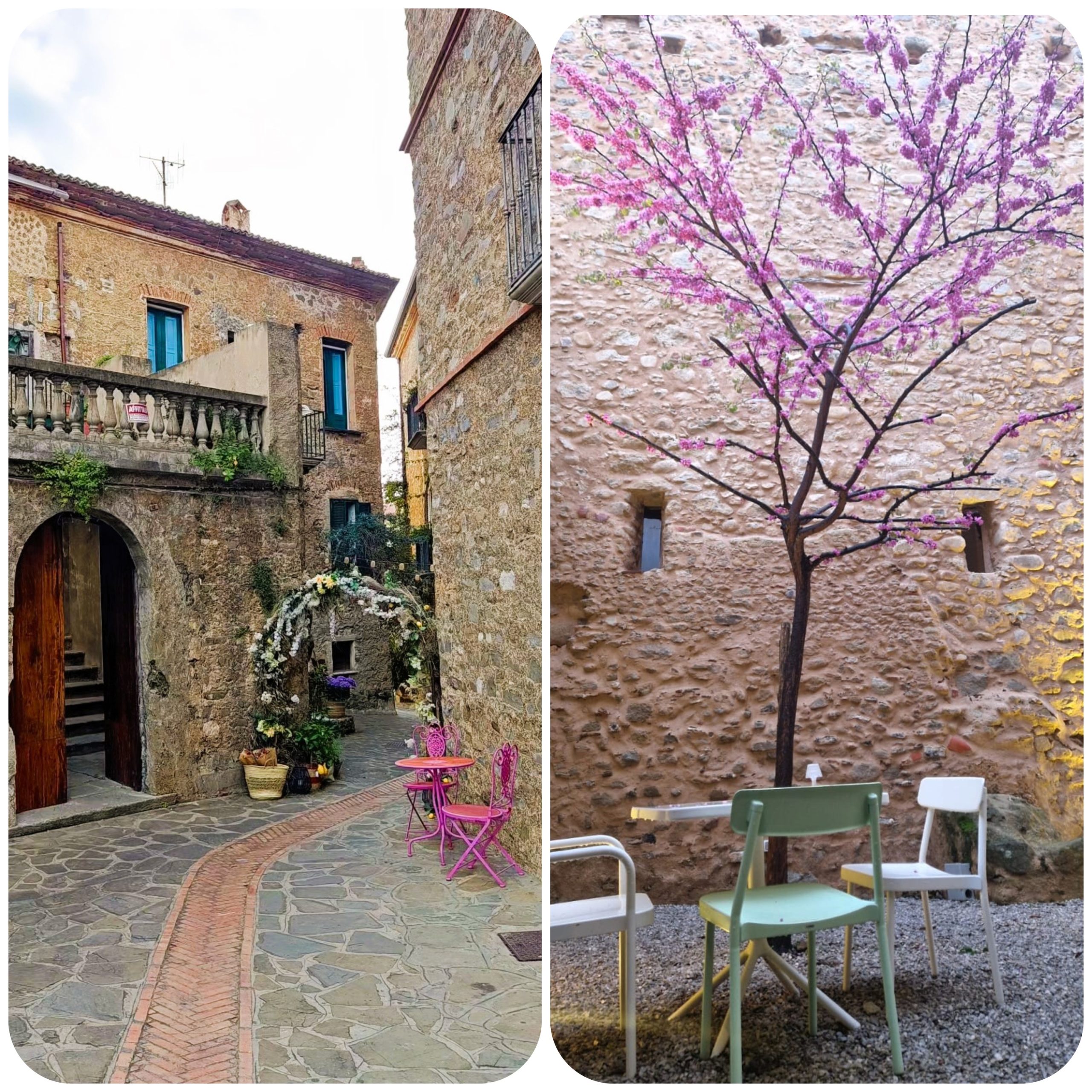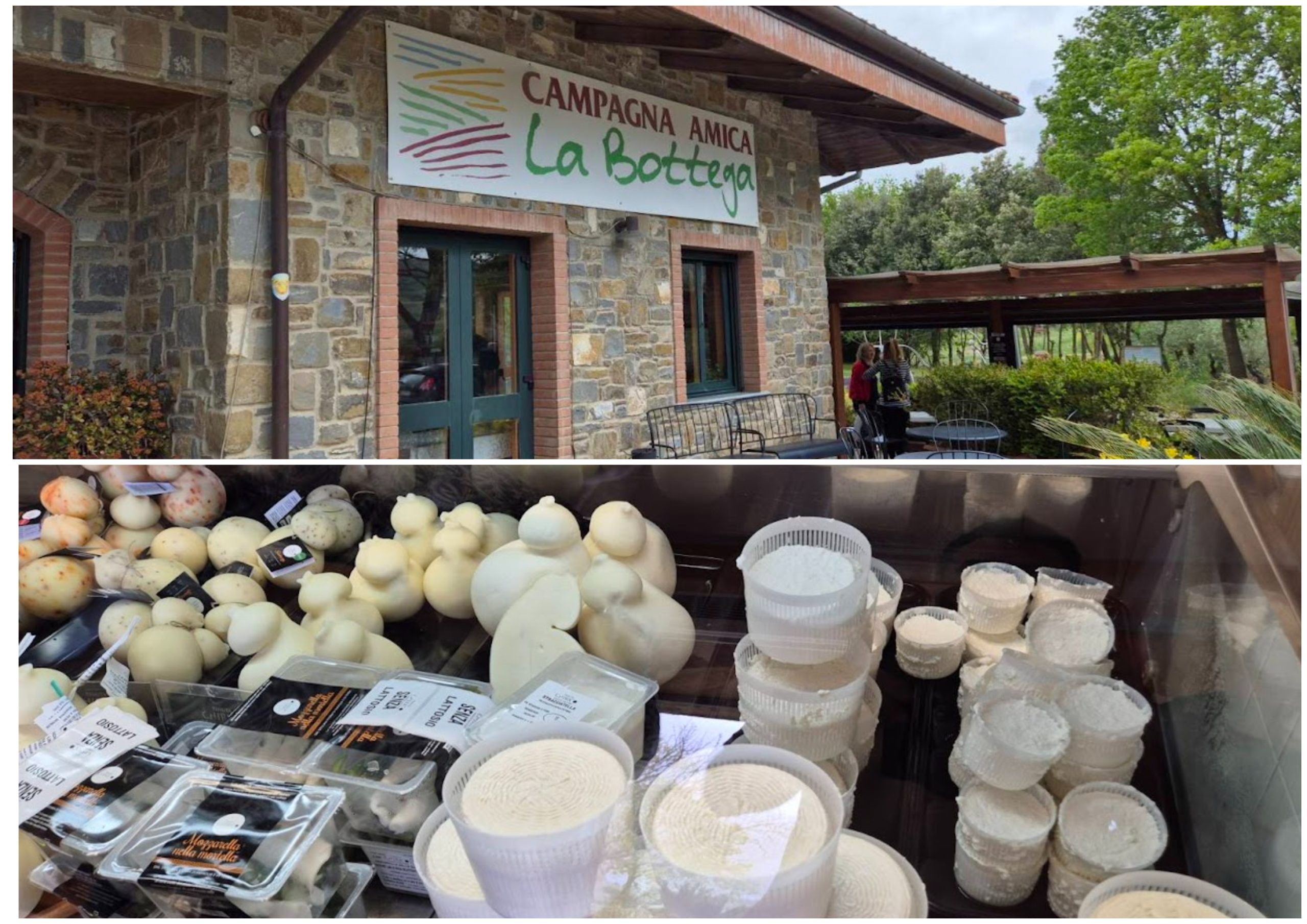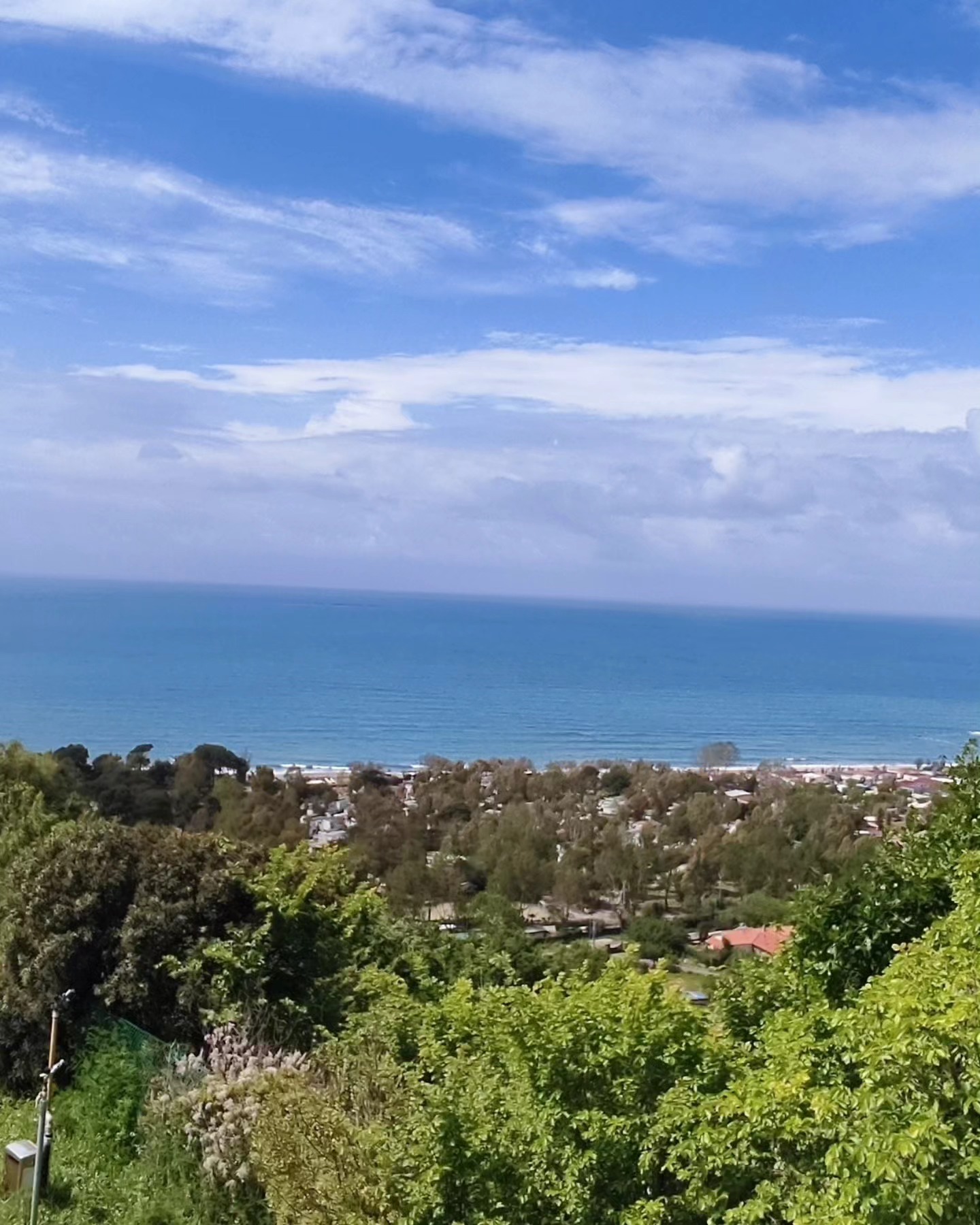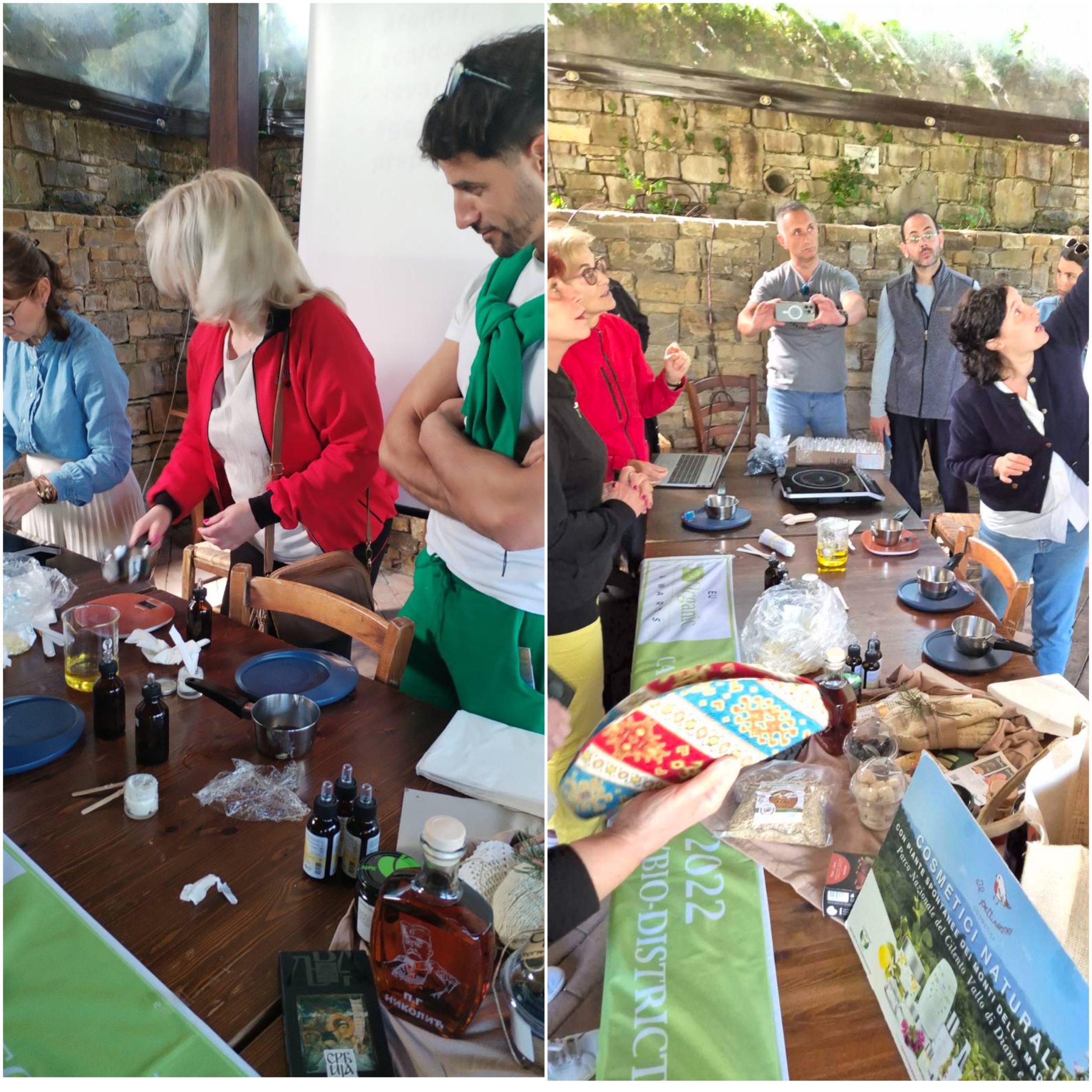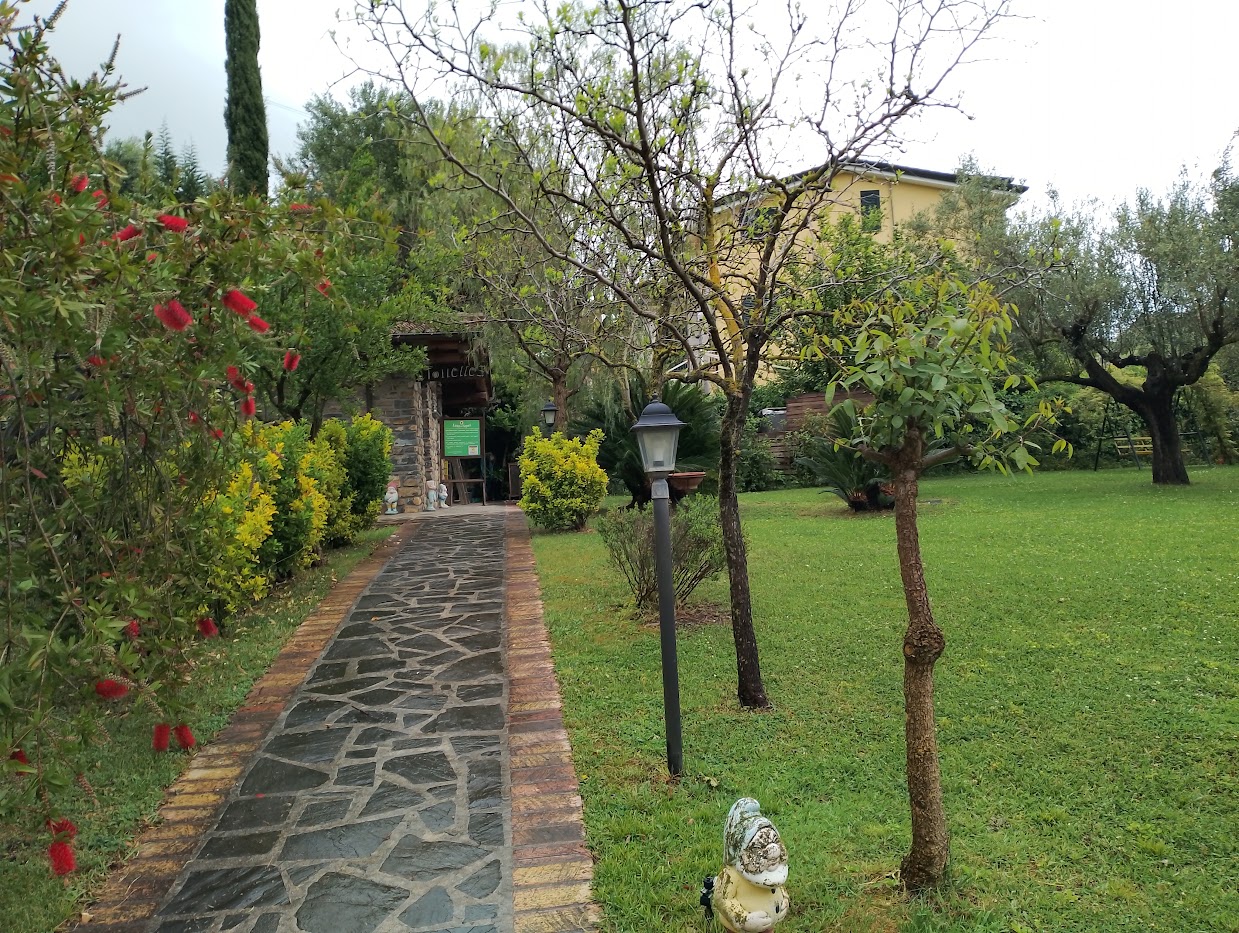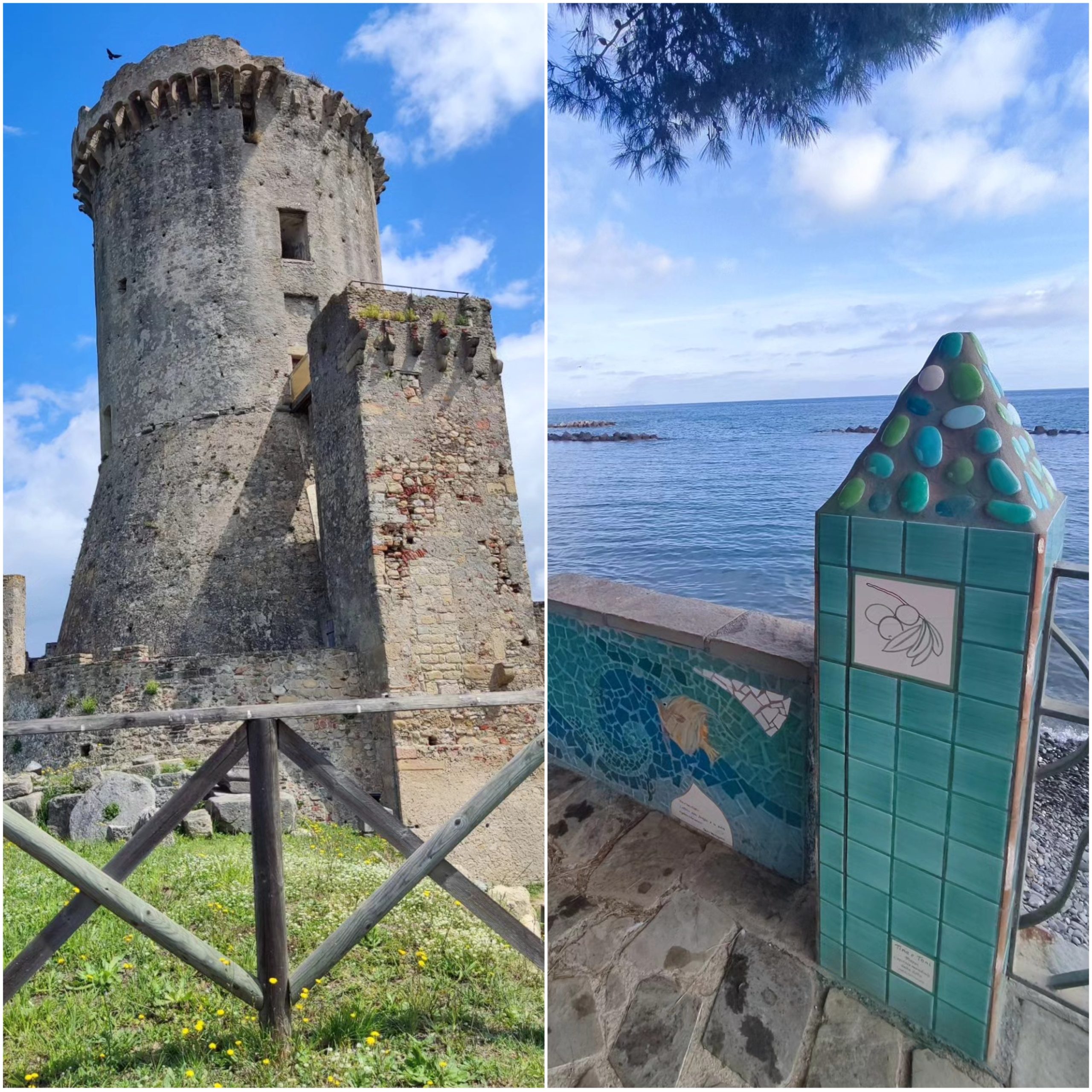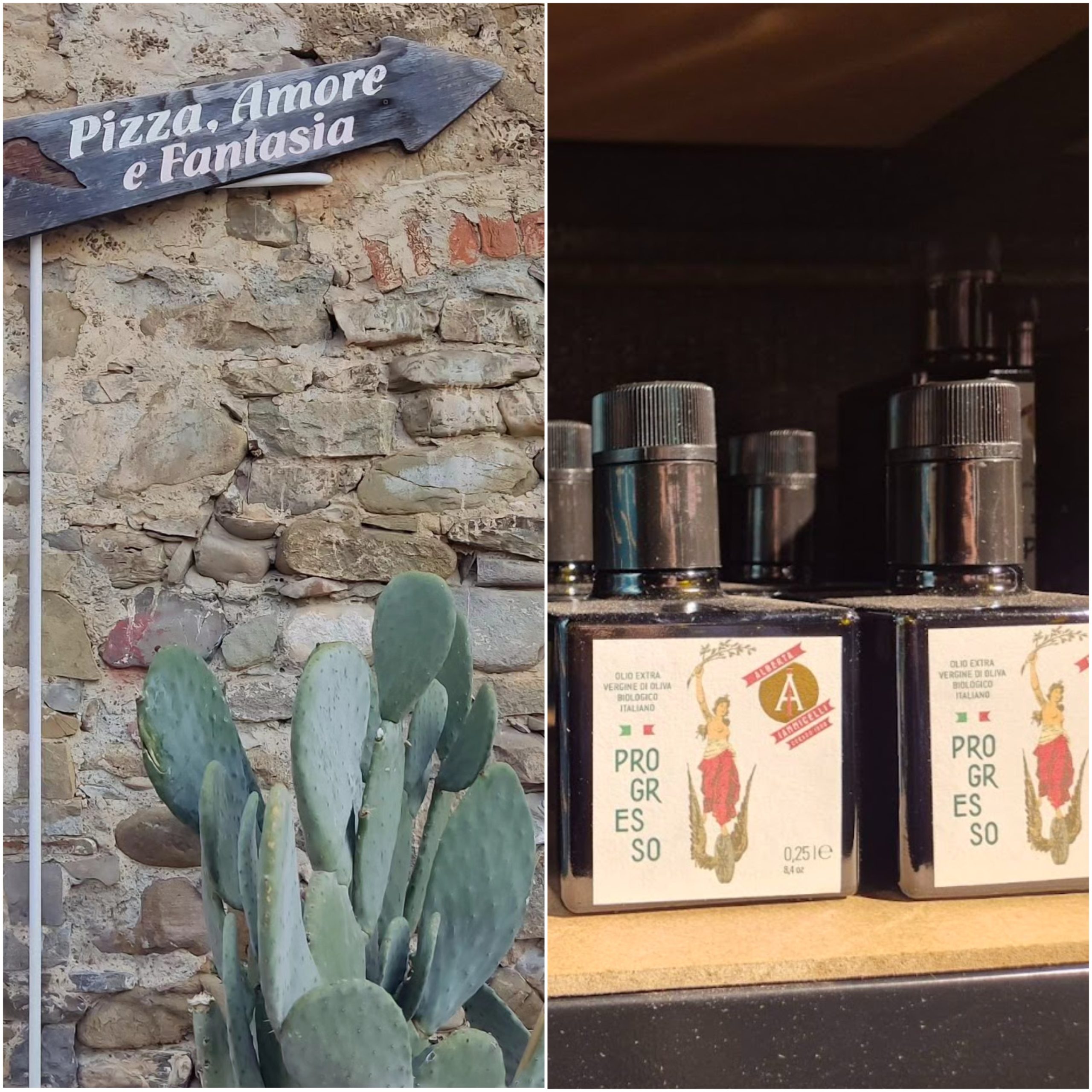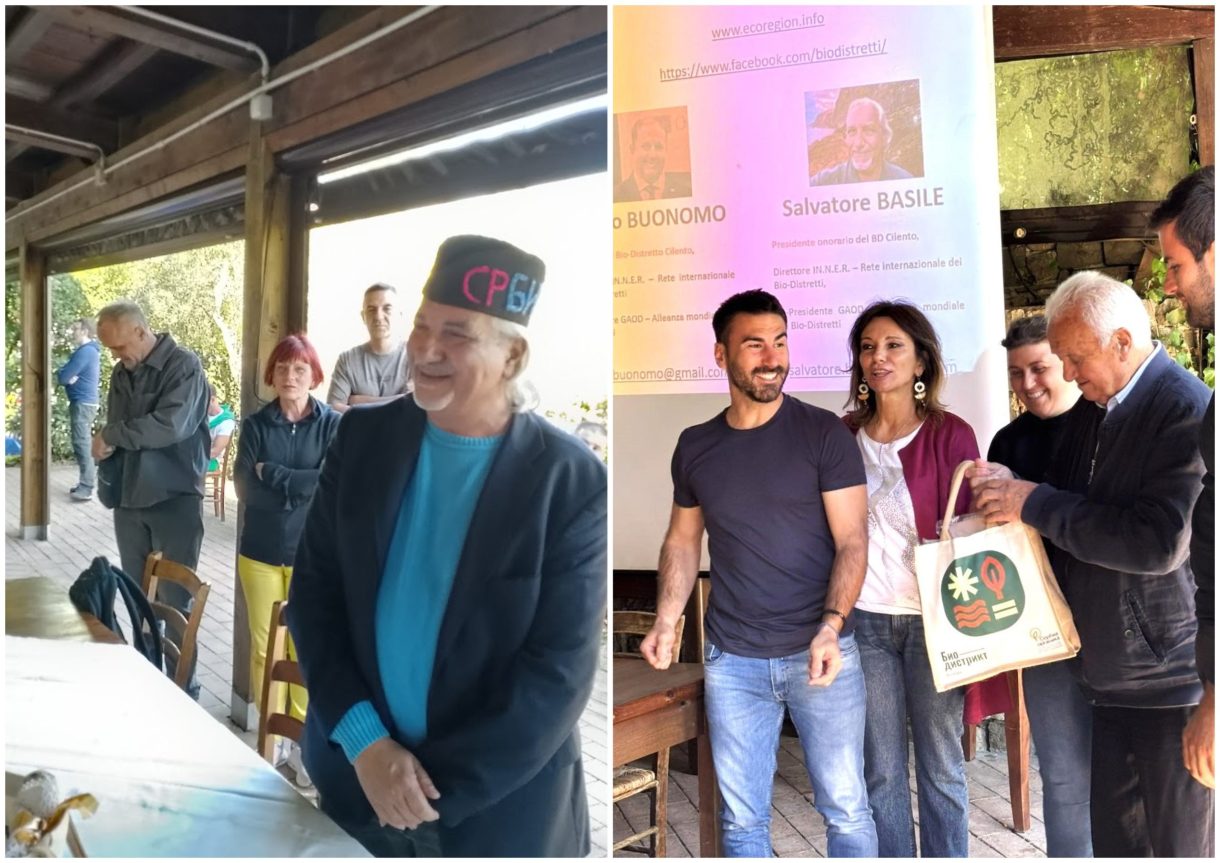Study Visit of Kolubara Biodistrict Representatives to the Cilento Biodistrict, Italy
Representatives of the National Association Serbia Organica and Kolubara Biodistrict — the first biodistrict in Serbia and the Balkans — established under the guidance and leadership of the National Association Serbia Organica, together with several representatives of relevant domestic institutions, visited the Cilento Biodistrict, the first biodistrict in the world, established in 2004.
The Cilento Bio-district is located in the “National Park of Cilento, Vallo di Diano and Alburni” (Campania Region), in Italy. It covers an area of 3,196 square kilometres and includes 38 municipalities, 400 organic farms and three major archaeological and cultural sites (Paestum, Padula and Elea-Velia).
In this land, farmers, citizens and public administrators have formed a pact for the sustainable management of local resources.
The study visit (April 21–25) was organized by Serbia Organica with financial support from the Food and Agriculture Organization (FAO) and the United Nations Entity for Gender Equality and the Empowerment of Women (UN Women), as part of the joint United Nations project “From Grain to Sustainability – Food Systems for All”, funded by the Joint SDG Fund. Representatives of the Joint SDG Fund also participated in the visit.
The goal of this visit was for the participants from the Kolubara Biodistrict — which was established in the spring of 2024 and recognized by the International Network of Eco Regions – IN.N.E.R – to learn about various aspects of organizing and achieving sustainability within a biodistrict. Biodistricts are an innovative approach to territorial management based on the principles of organic agriculture, in which various stakeholders collaborate: producers, consumers, representatives of local public institutions, tourism and hospitality service providers, cultural institutions, and other actors from different sectors.
The Cilento has been awarded (the first case in the world) four UNESCO recognitions: the National Park of Cilento, Vallo di Diano e Alburni is included in the list of UNESCO World Heritage Sites, in the list of UNESCO Geoparks as well as in the UNESCO Program on Man and the Biosphere (MAB). Additionally, it was in the Cilento that Ancel Keys conducted his studies on the Mediterranean diet, which was later (2010) recognized by UNESCO as an
intangible heritage of humanity. Another major recognition came in September 2022, when the Cilento Biodistrict Association received the “EU Organic Award” from the European Commission as the Best Biodistrict in Europe.
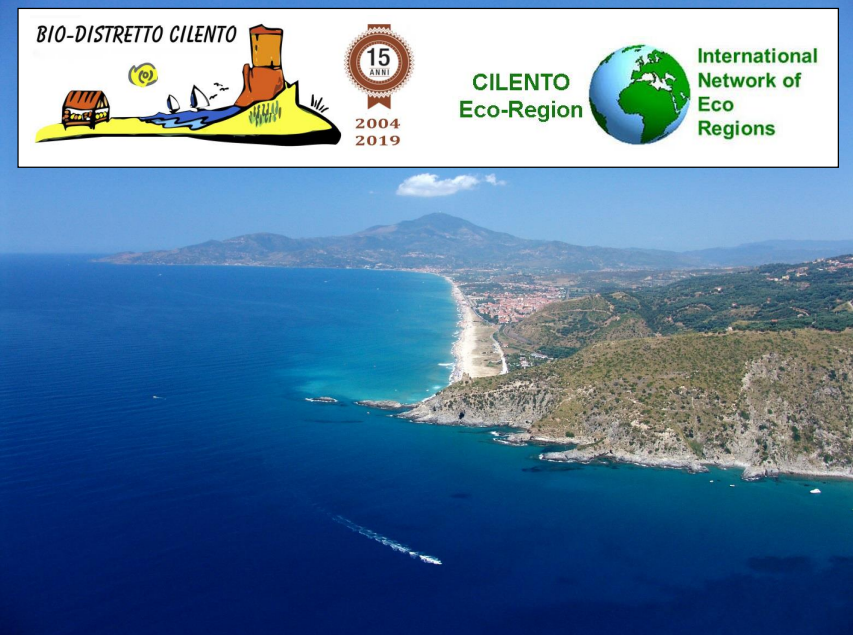
In 2004 started the public process of constitution of the bio-district. In 2009, the Campania Region passed an act establishing the 1st multi-vocational European bio-district (agriculture, environment, social, eco-tourism, food and wine). In 2011 the non-profit association “Bio-distretto Cilento” was established, the concrete result of the great amount of work done over the years, coordinated by AIAB Campania and involving associations, public authorities, farmers and tourist operators, creating a permanent workshop of culturally significant ideas and initiatives for territorial development based on fair trade and the organic model.
Initial activities focused on creating a network of organic farms, producer associations, municipalities, caterers, eco-tourism operators, and consumers, through short supply chain initiatives. In few years, the Cilento Bio-district had attracted a large number of local actors and produced results that had a great impact on the region.
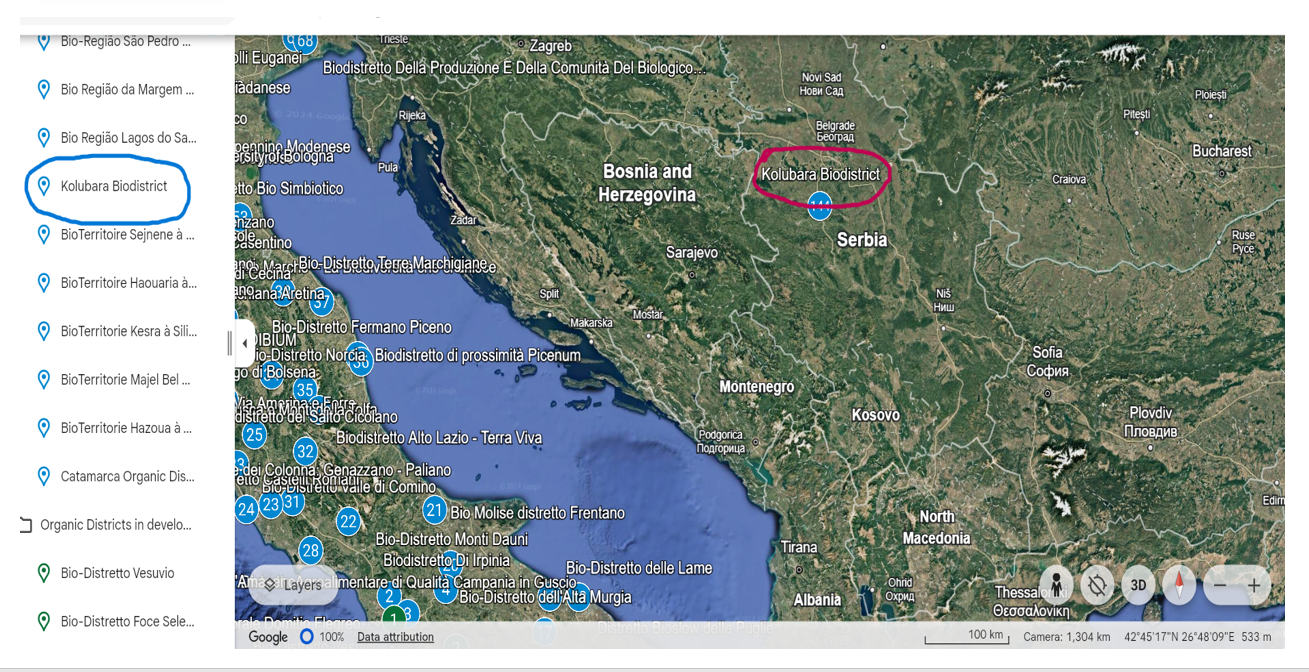
The visit also aimed to encourage the sharing of valuable experiences, practices, and lessons learned with participants from the Cilento Biodistrict, in order to adapt and apply them to the development and sustainable advancement of the Kolubara Biodistrict.
Through visits to various stakeholders of the Cilento Biodistrict — including those involved in organic agriculture, rural tourism, and institutions representing the region’s cultural heritage — as well as through meetings with representatives performing different roles within the Cilento Biodistrict and with the founders of the International Network of Eco-Regions (IN.N.E.R), the participants from the Kolubara Biodistrict had the opportunity to gain firsthand insights from multiple perspectives. They acquired valuable knowledge, observations, and recommendations that will be of great importance on the path toward sustainable development of the Kolubara Biodistrict.
This visit allows us to apply everything we saw, heard, and experienced in an innovative and tailored way within our own environment — specifically, in the territory of the Kolubara Biodistrict.
On this occasion, we presented our hosts with a variety of organic and traditional Serbian products, such as plum brandy (rakija) in bottles engraved with the image of General Živojin Mišić, ajvar, ratluk, and similar items, as well as traditional handcrafted items symbolizing Serbian cultural heritage — including šajkača hats, woolen socks, doilies, and more.
We thank all members of the Kolubara Biodistrict and the Municipality of Mionica for the thoughtful gifts they prepared.
